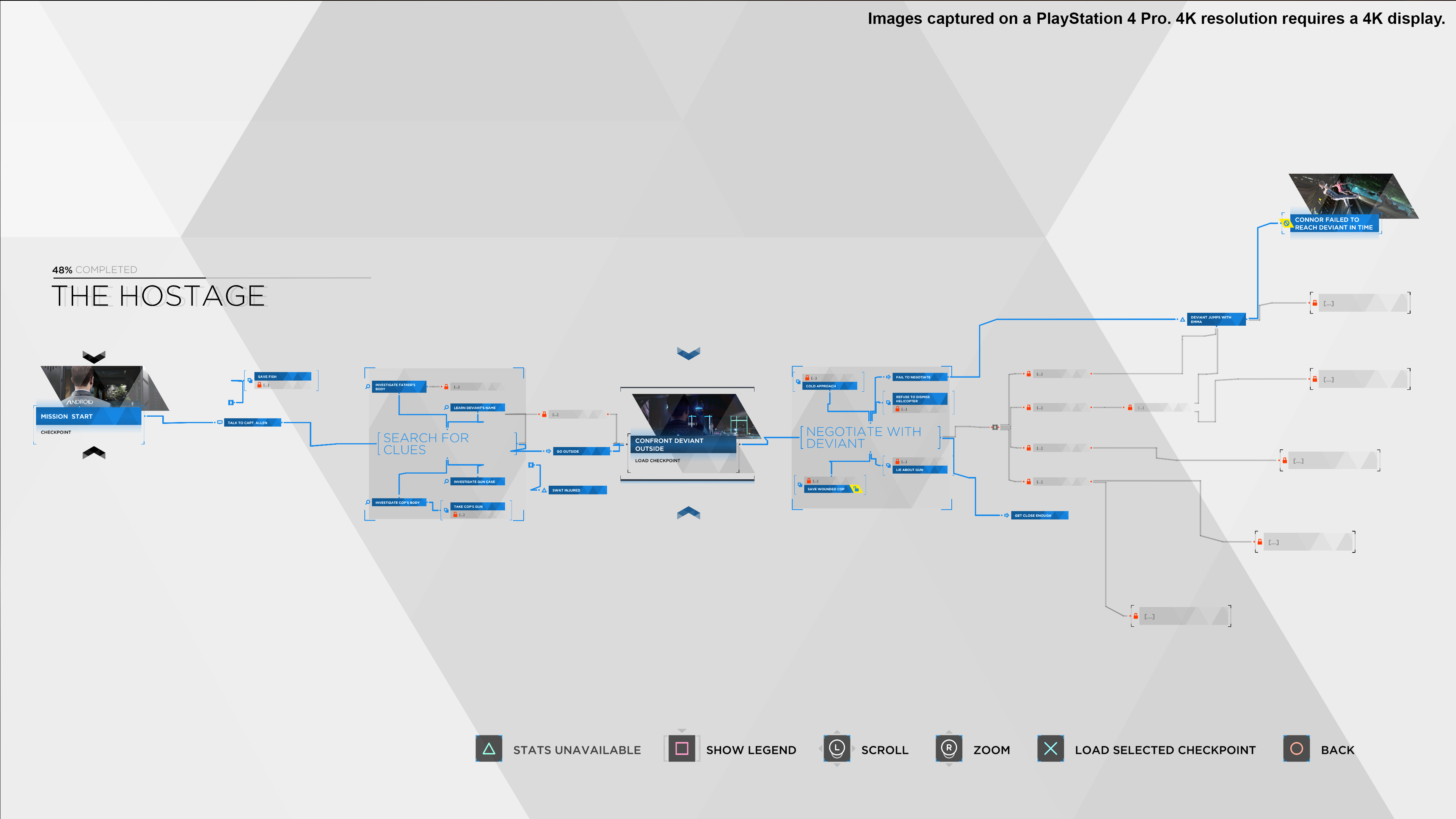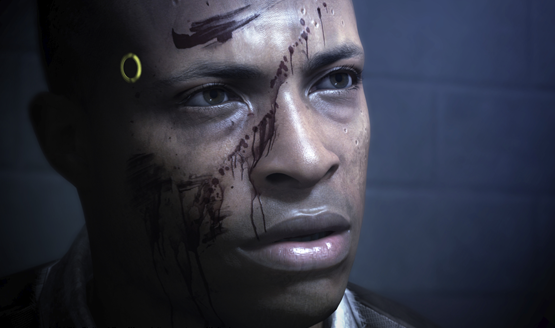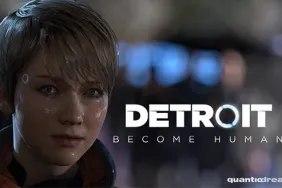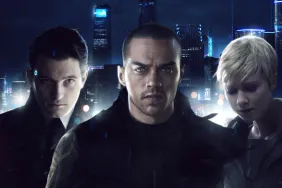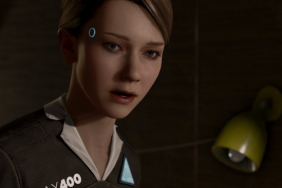Life is a funny thing. Every decision was waves of consequences, both mundane and momentous. For decades, games have been attempting to replicate the butterfly effect that random decisions can have, but due to the sheer magnitude of such machinations, they’ve been largely unable to succeed. Often there’s a lot of smoke and mirrors, behind the scenes magic that allows for the illusion of choice while still providing the developer with an element of control. Games like Until Dawn, Telltale’s episodic titles, and even Quantic Dream’s own Heavy Rain were often found to be hiding these tricks, directing players back along a comparatively finite path. After a limited time with Detroit: Become Human, I’m convinced Quantic Dream might be able to buck that trend.
For a game about androids, Detroit is undeniably human. Last week, I had the opportunity to play through the first three hours of the game. Weaving back and forth across a number of scenes, I played as each of the three main android characters: Connor, Markus, and Kara. Connor is an investigator sent to help the police department with deviant crimes, that is, crimes associated with rogue androids that have gone off of their programming. Markus is the caretaker android of an old famous painter with which he has an almost father-son relationship with. Finally, Kara is a housekeeper android owned by a wildly abusive man and his daughter.
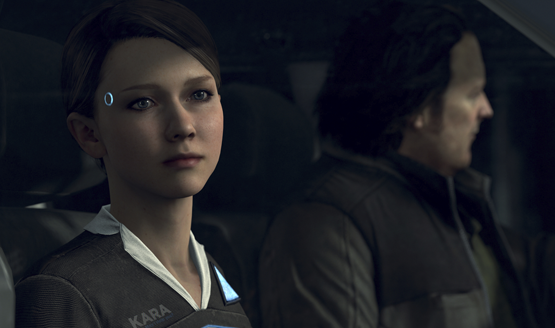
Each character plays largely the same, however Connor–as the latest android model assisting in police investigations–has a set of skills not unlike a Batman-style detective mode to help analyze clues and solve crimes. As the story weaves among the different characters, it provides a nice change of pace to play styles and themes. While Connor is obviously the odd android out in the trio, even the difference between Kara’s servitude to a violent drunk and Markus’s kind ownership by a pleasant painter highlights and contrasts each of their situations.
Weighted Themes Through Proper Context
One of the key points I was looking for as I played Detroit was context. Themes present in certain scenes have been criticized as gratuitous. Dealing with abuse, notably that of a child, is not something that should be handled hamfistedly, but criticisms always struck me as meaningless without wider context surrounding them, like showing off a reel of violent moments in video games. It’s alarmist, sure, but it strikes down the greater meaning that could ultimately contextualize those moments.
In the opening three hours, I found that very context. Kara’s scene opens with Todd, her abusive and drunk owner, picking her up from a repair shop. It’s quickly obvious that Todd lost his temper and broke Kara himself, even as he stammers, “She was hit by a car,” to the android repair guy. When they get home Kara–and by extension, you as the player–are treated like an object by Todd. Technically, yes, Kara is simply a machine, but she’s controlled by a player who is human. That very sense of irony is what drives these opening moments of Detroit. Are the actions you perform that of android programming and developer placed objective markers, or are you, the player, a human, making emotionally contextualized decisions?
Kara’s break from programming to become a deviant might be an obvious one. We’ve all seen the scene that leads to that moment. Markus, on the other hand, treads a much less evident path. He’s under ownership by a kindly man who sees him as more than just an object. There’s a very human connection between the old painter and the android, so what could possibly set him off and break his programming? What moral quandary is he faced with?
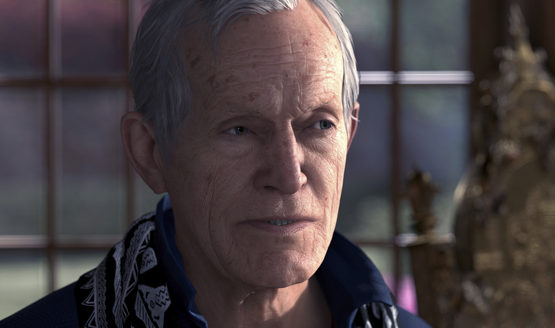
Without seeking to spoil any major outcomes of any decisions, I will say that even these first three hours were impressively branching. It’s possible for a number of characters to either die or not in a number of different situations, some predictable and others much more shocking and sudden. More than once, my jaw dropped and an “Oh, shit,” escaped my mouth as some pretty major events occurred. Yet, for the players sitting next to me, things often went down a different path. Effects of seemingly innocuous things like cleaning a nightstand or opening a window can have drastic impacts on whether the next scene is a quick and simple escape or brutal fight over a gun.
At the end of each scene, you are shown a flowchart that displays what decisions led to which effects, and what branches and paths are still locked off. Often the ability to see each and every node on a certain scene’s chart is reliant on decisions in previous scenes. Even when I thought I had thoroughly explored all options possible, it wasn’t unusual for me to come away with less than 50% of a scene’s nodes unlocked. By showing the effects of your decisions, Quantic Dream is hoping to calm fears that this might be another game full of smoke and mirrors.
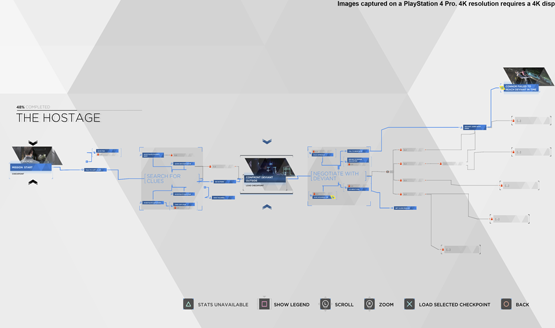
As thoroughly impressed as I was with how much decisions in those opening hours affected my playthrough, I had to ask David Cage about how much that branching kept going in the later reaches of the story. He motioned with his hands through the air like a tree. He understands criticisms that Heavy Rain ultimately put all of the characters on the same path and in the same place at the end, and says that Detroit will not do that if your decisions don’t put them there. When I asked him if the stories of the three main characters cross over, he said yes and no. It entirely depends upon the decisions you make during the game.
Certain decisions do feel forced on the player, but I often wondered if that was sometimes the point. There is one moment where Kara is asked by Alice, the little girl, if they will be together forever, and Kara is ultimately forced to say “Forever.” At first I found myself upset that I didn’t have a choice in how to respond, but I realized that even as humans, we are often cornered into certain expected and programmed responses such as this one. Would I, in the same kind of situation, really have said anything else to the girl? Is Kara still under some level of caregiver programming which doesn’t allow her to respond otherwise? Whether intentional or not, it was moments like these that often had me thinking.
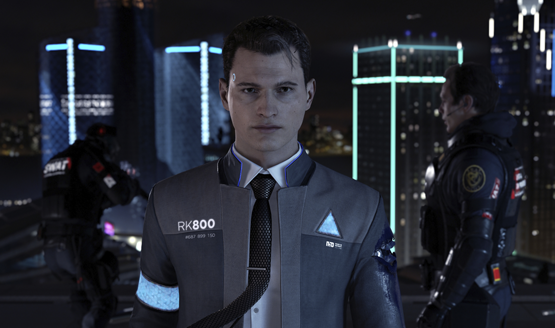
Finally, I worried about players getting a satisfyingly complete story in a game where it will be highly improbable for any two players to have the same playthrough. Cage reassured me, telling me that while some information may be locked behind certain decision points and narrative paths, by the time any players reaches the credits, they will feel that their own story was a full one. I can’t imagine anyone only wanting to play through this once and not get every shred of information they can, but it’s good to know that there’s a complete experience waiting for everyone, no matter their play style.
The World of Tomorrow
Tiny details littered every scene that allow players to learn more about this world of tomorrow. Rooted in reality, Quantic Dream wanted to make sure that the technology in the world was entirely plausible. They took the natural progression of currently available technology, politics, and morals, and evolved them, which maintains a believability in this 2038 world. Detroit isn’t sci-fi. It’s simply a look at a possible future, depending on our decisions as humanity right now.
While Connor, Markus, and Kara may headline the game’s cast, I felt like the world was just as much a main character. Decisions for each character are important to make, but it’s just as important to pay attention to the state of society. Reading magazine articles gives a look at politics, entertainment, and technology present in the world, and provides a better sense of context. Listening to public conversations puts your finger on the pulse of the time, and it’s surprisingly not unlike our own now.
Detroit: Become Human isn’t a game about androids or the future. It is a narrative about what it means to be human, told through the lens of androids. The first three hours alone are fraught with allusions to the human condition, and according to Cage, the narrative is only just getting started in those early stages. The moral quandaries that the androids are placed in create programming paradoxes which necessitate a break from standard routine. It’s those very paradoxes that we as humans deal with on a daily basis, multiple programming inputs at odds with one another. You’re beginning to see where I’m going with this.
Remove androids from the story, and you have a game about what it means to be human. You have a talented by-the-book cop caught between doing his job and doing the right thing. You have the kind caretaker of an old man at odds with an estranged son. You have a woman caught between an abusive man and a child that she cares for. Making androids the vehicle for these themes is meant to draw attention, but the story is really about what it means to be human in a world full of other humans. It’s a game about decisions, consequences, and how far-reaching our actions–both good and bad–can be. It’s a game about the questionable grey areas, the moral conundrums, and the themes that drive humanity forward and sometimes hold us back.
And that’s just the first three hours.
Detroit: Become Human was previewed at an event held by Sony. Travel and accommodations were provided.
Detroit Become Human Images 4/24
-
Detroit Become Human
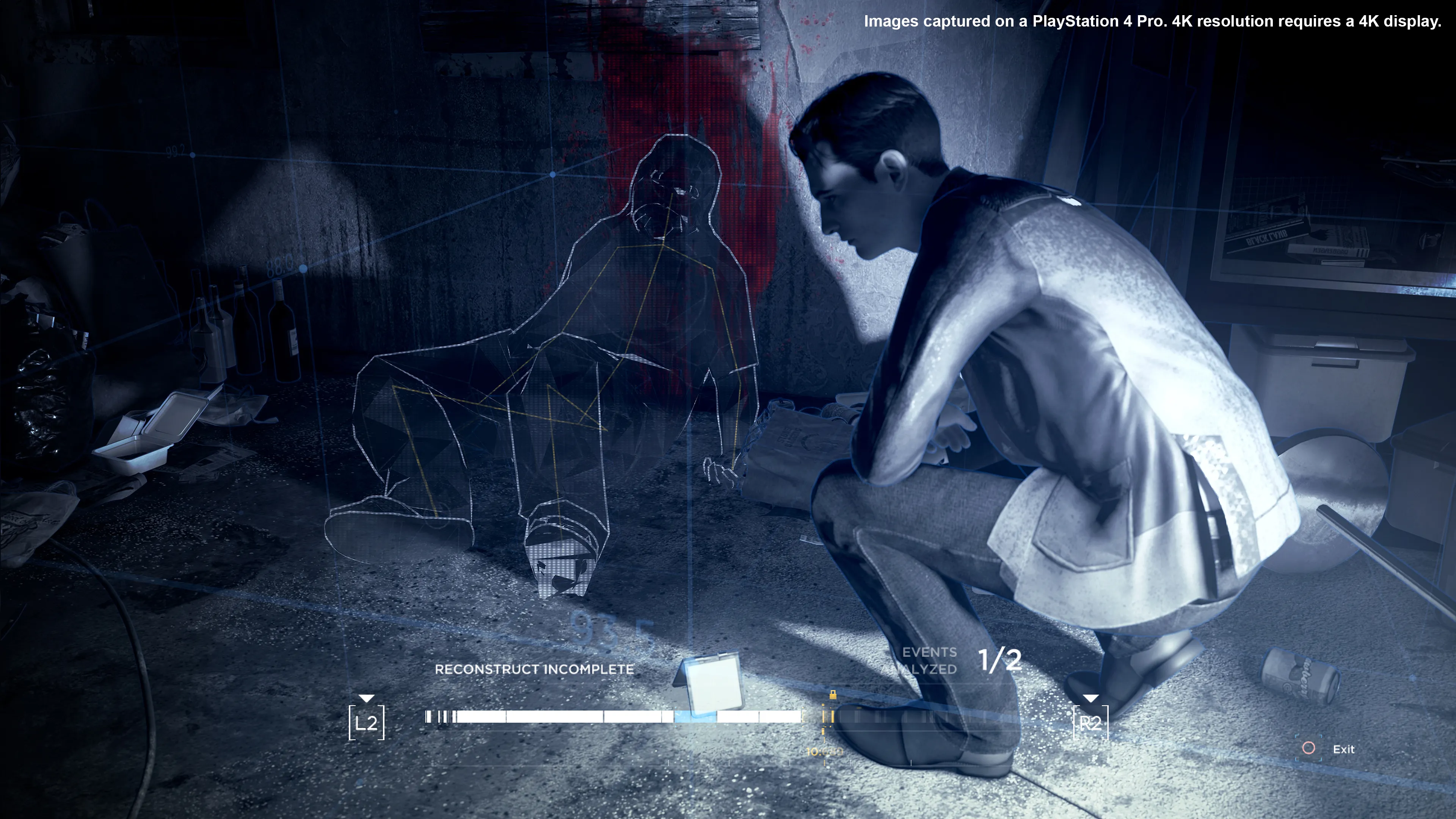
-
Detroit Become Human
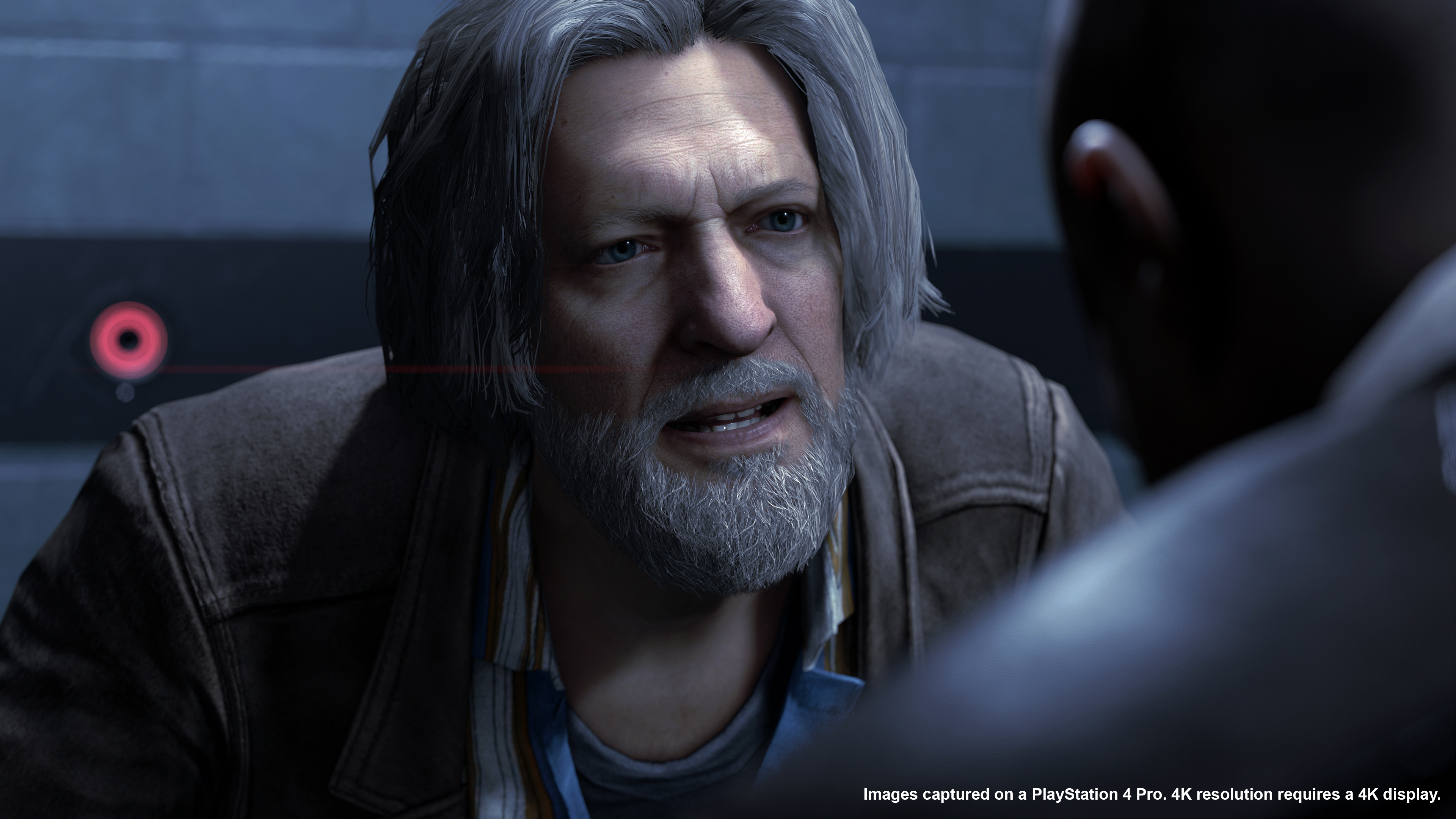
-
Detroit Become Human
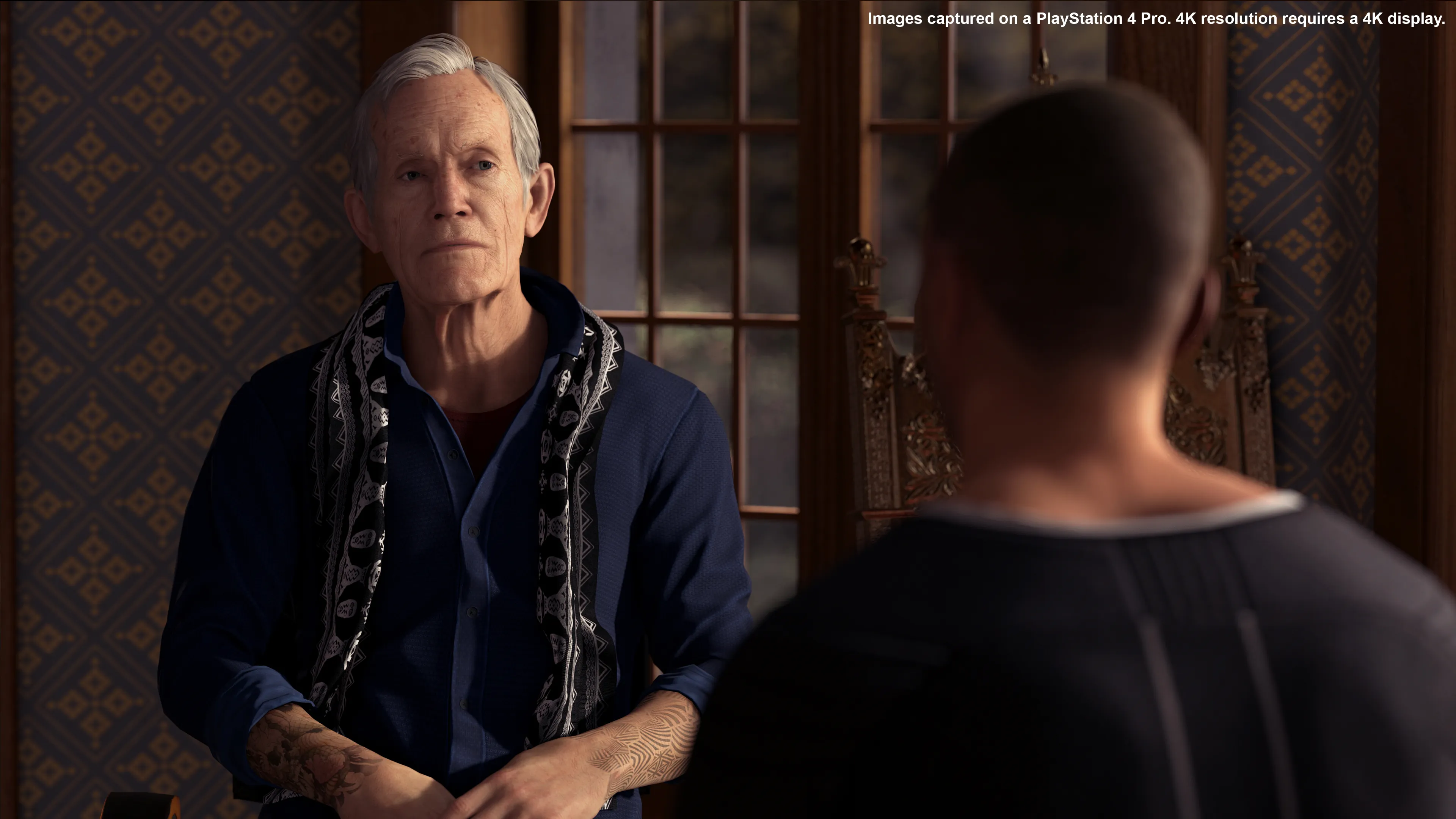
-
Detroit Become Human
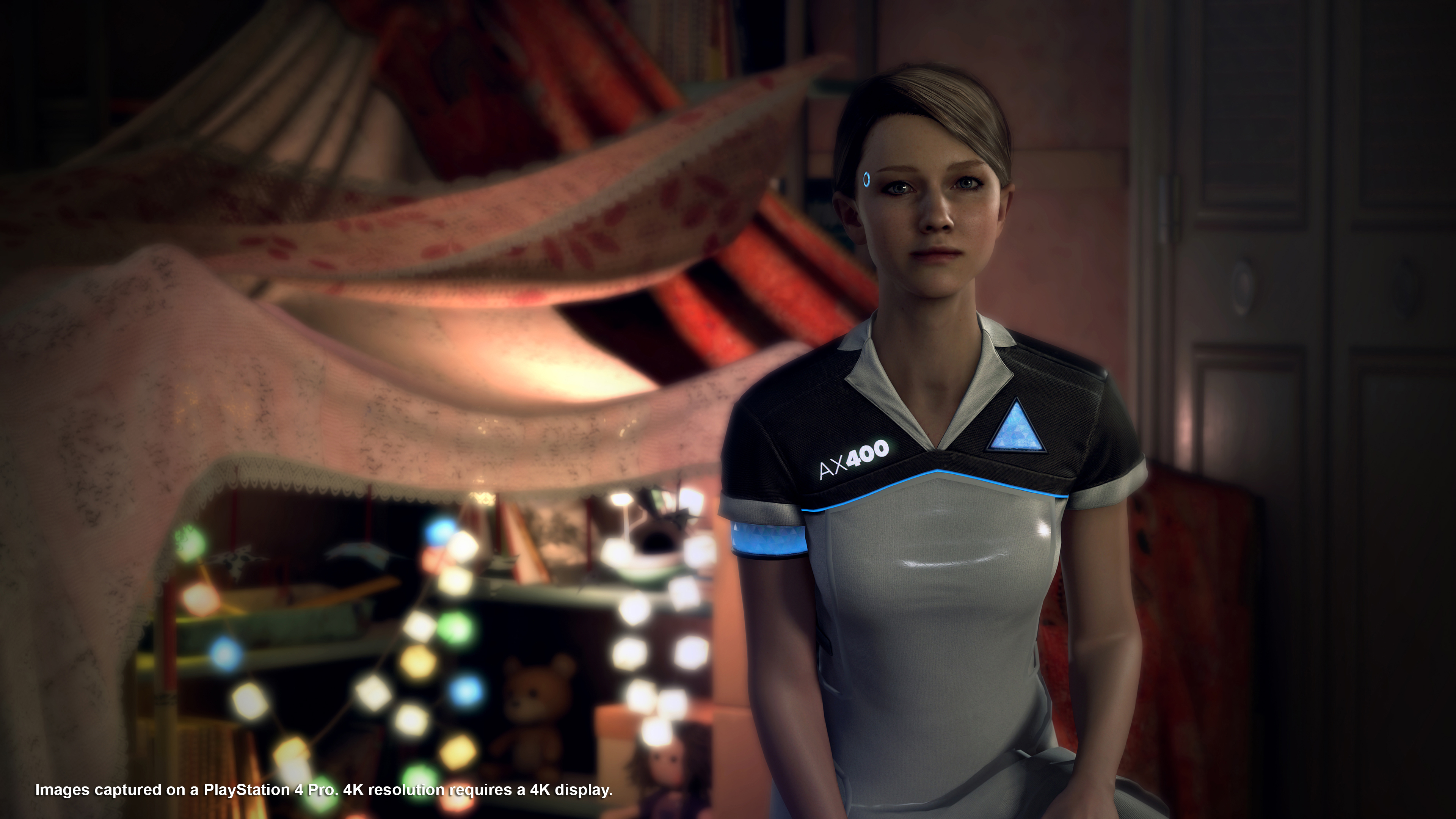
-
Detroit Become Human
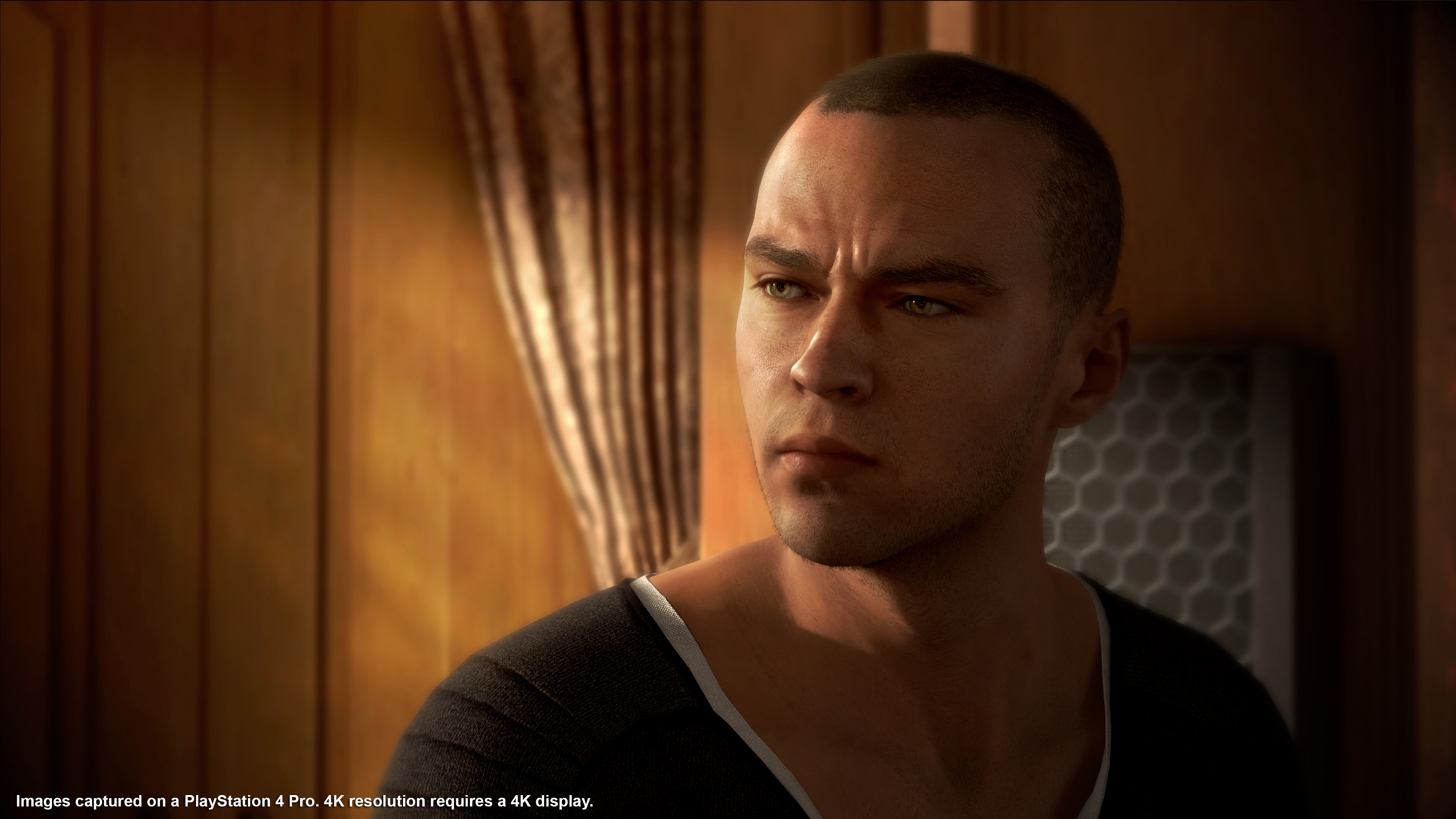
-
Detroit Become Human
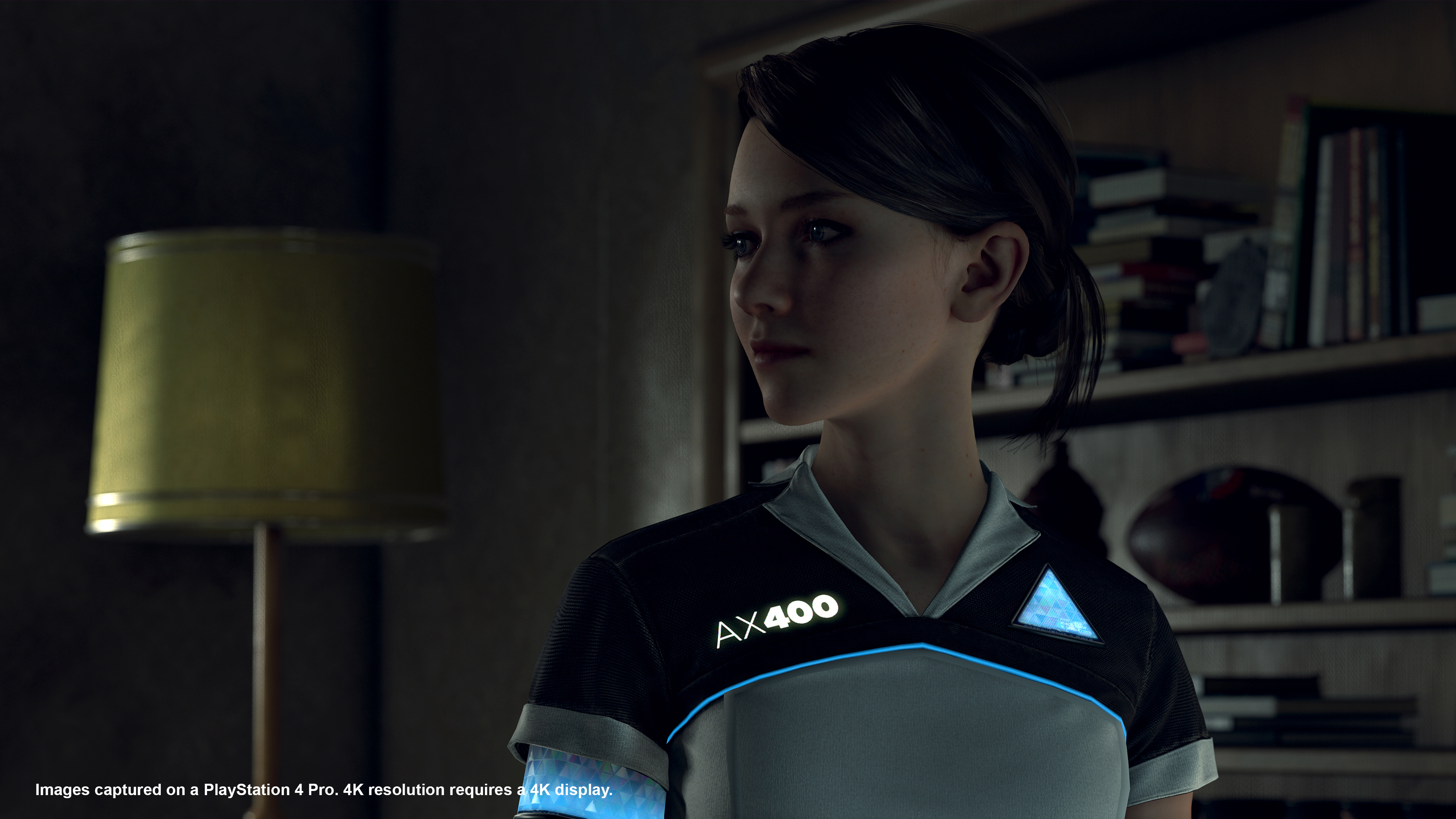
-
Detroit Become Human
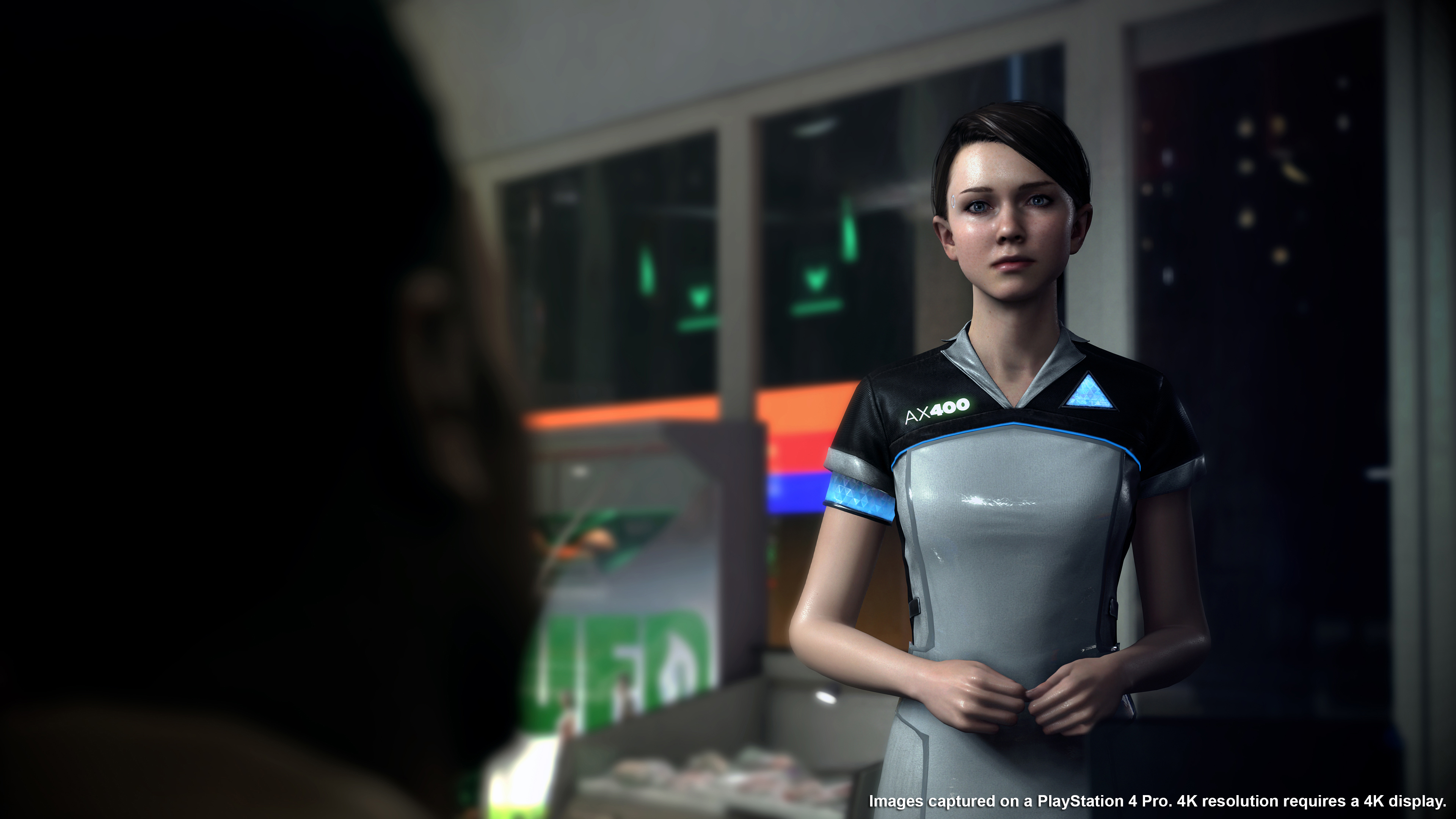
-
Detroit Become Human
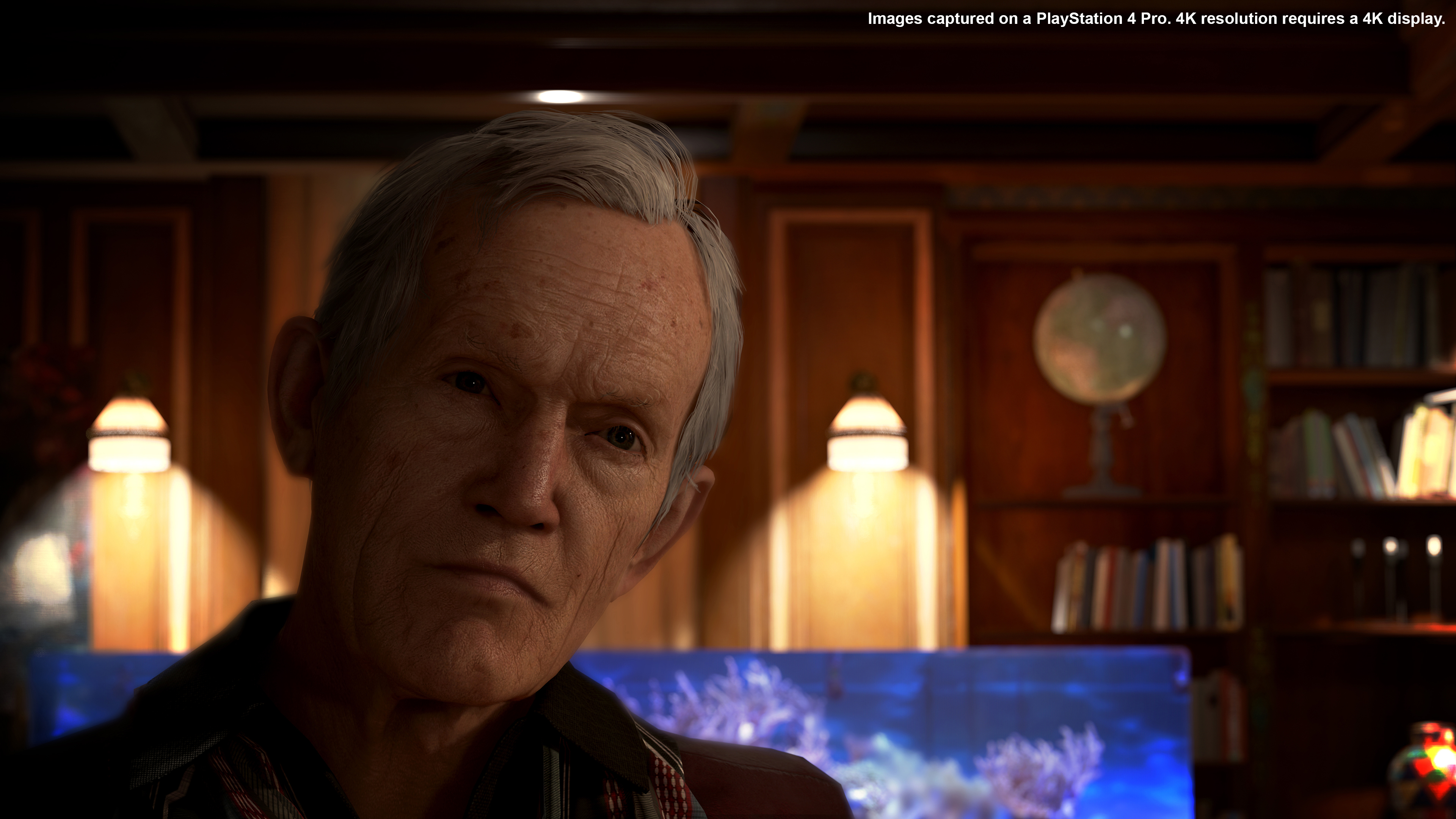
-
Detroit Become Human
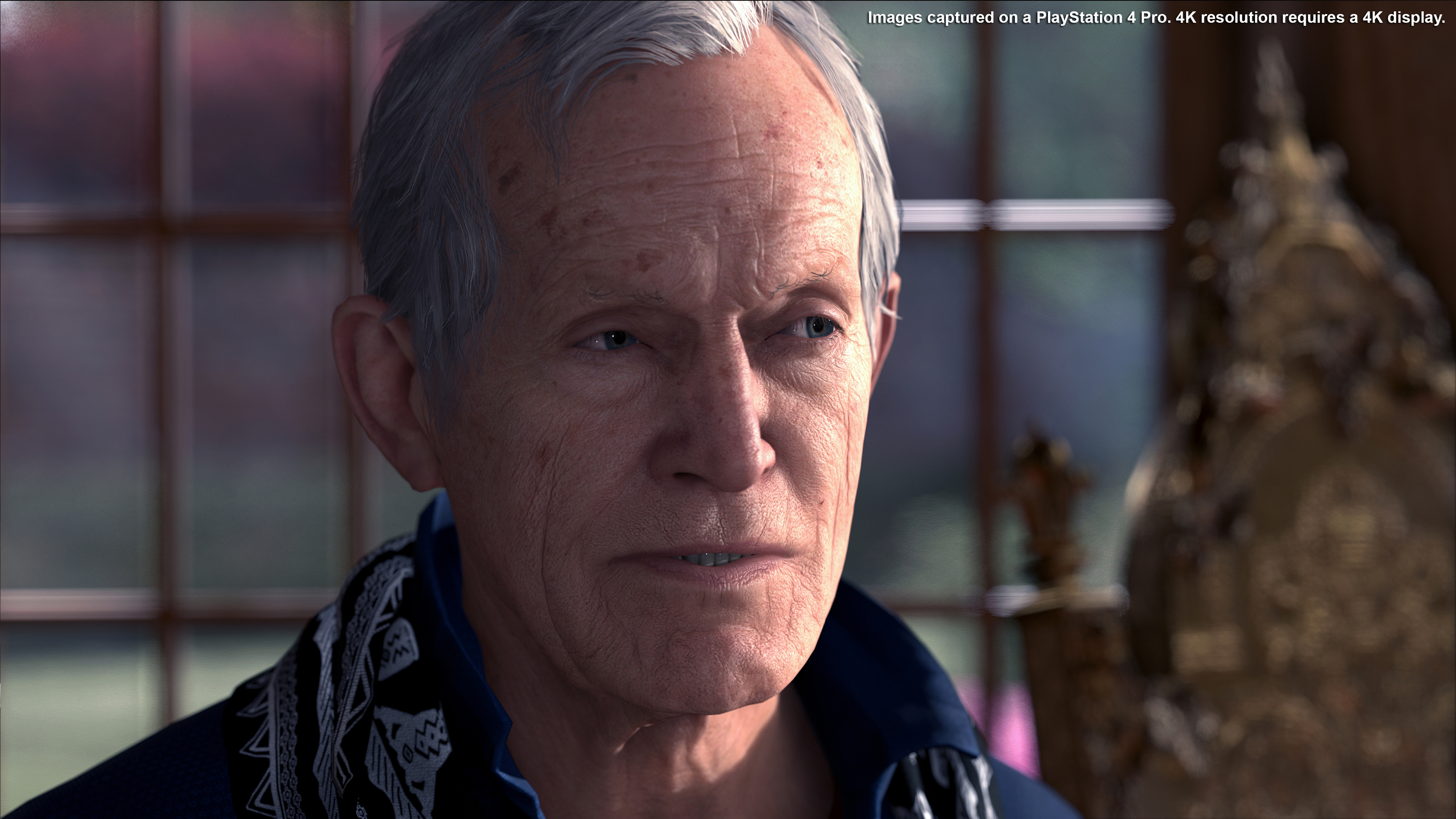
-
Detroit Become Human
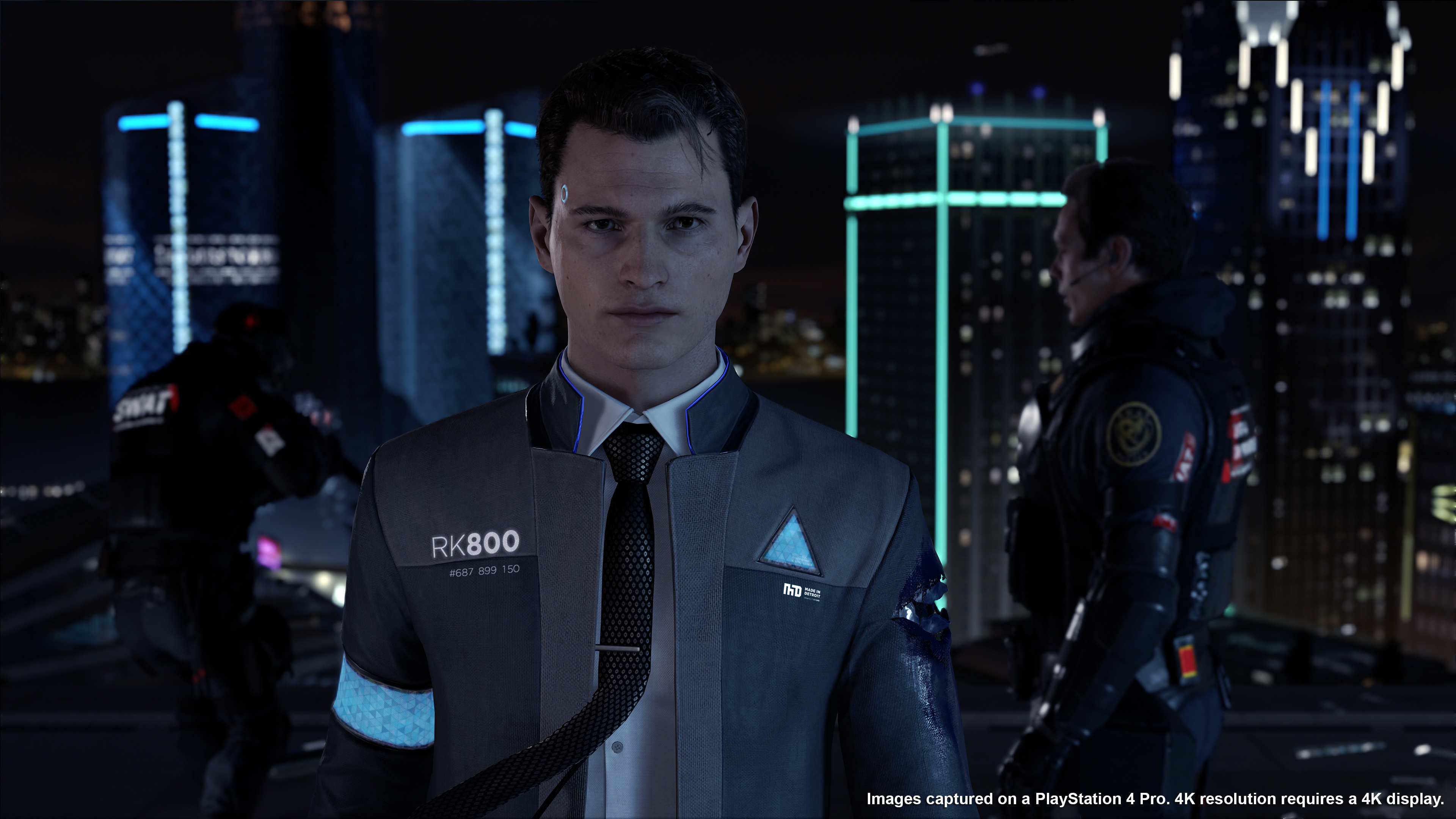
-
Detroit Become Human
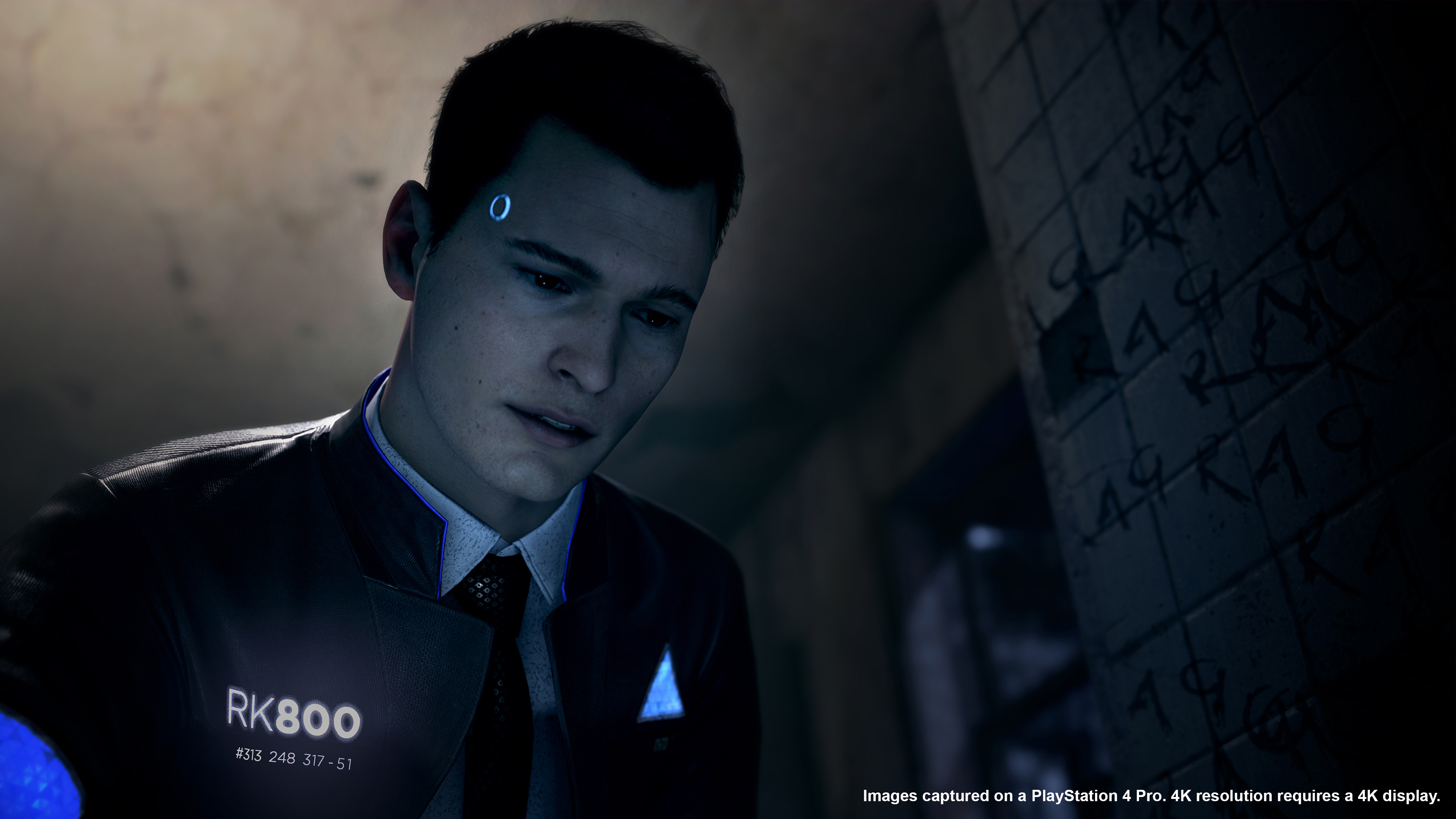
-
Detroit Become Human
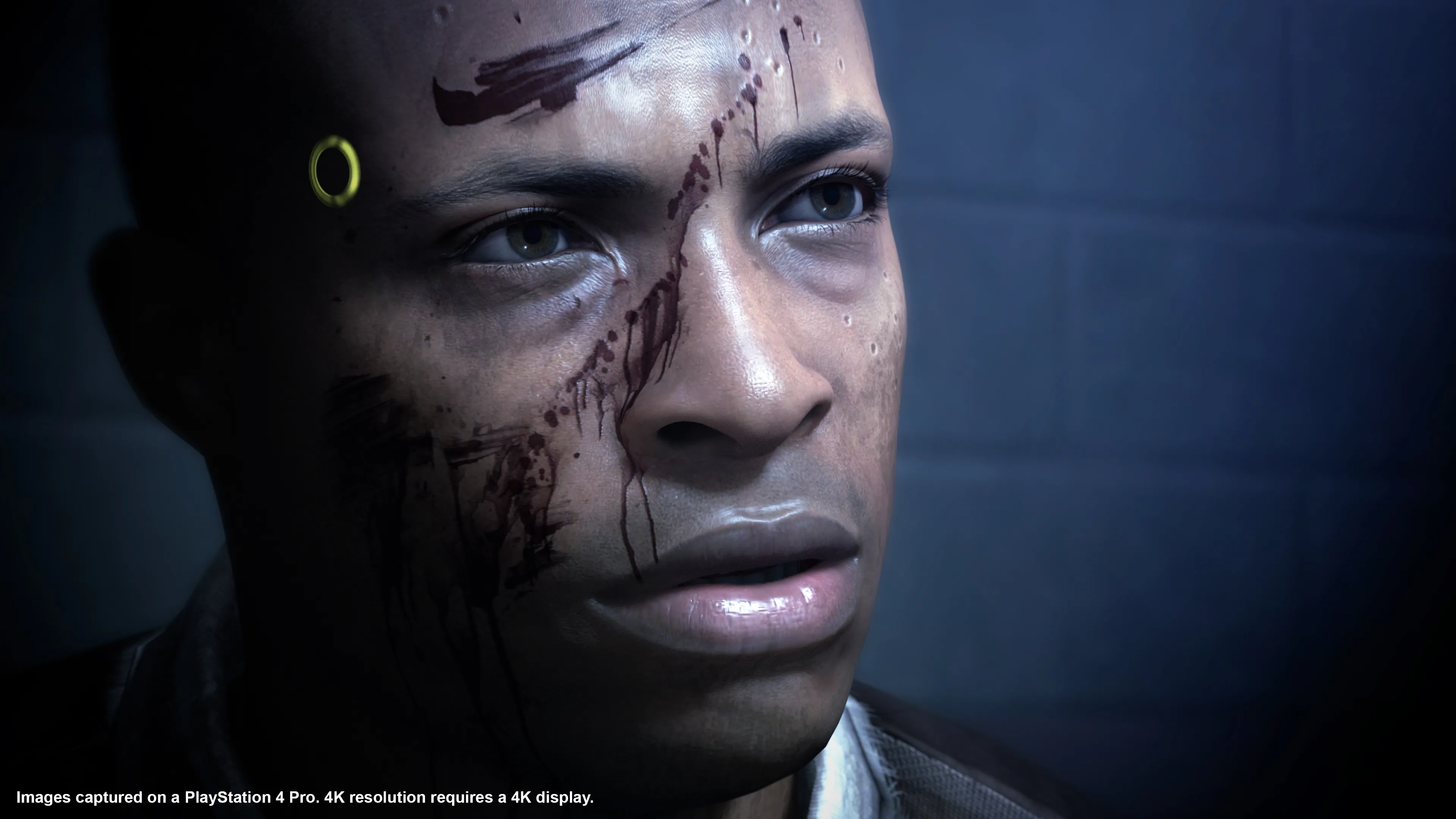
-
Detroit Become Human
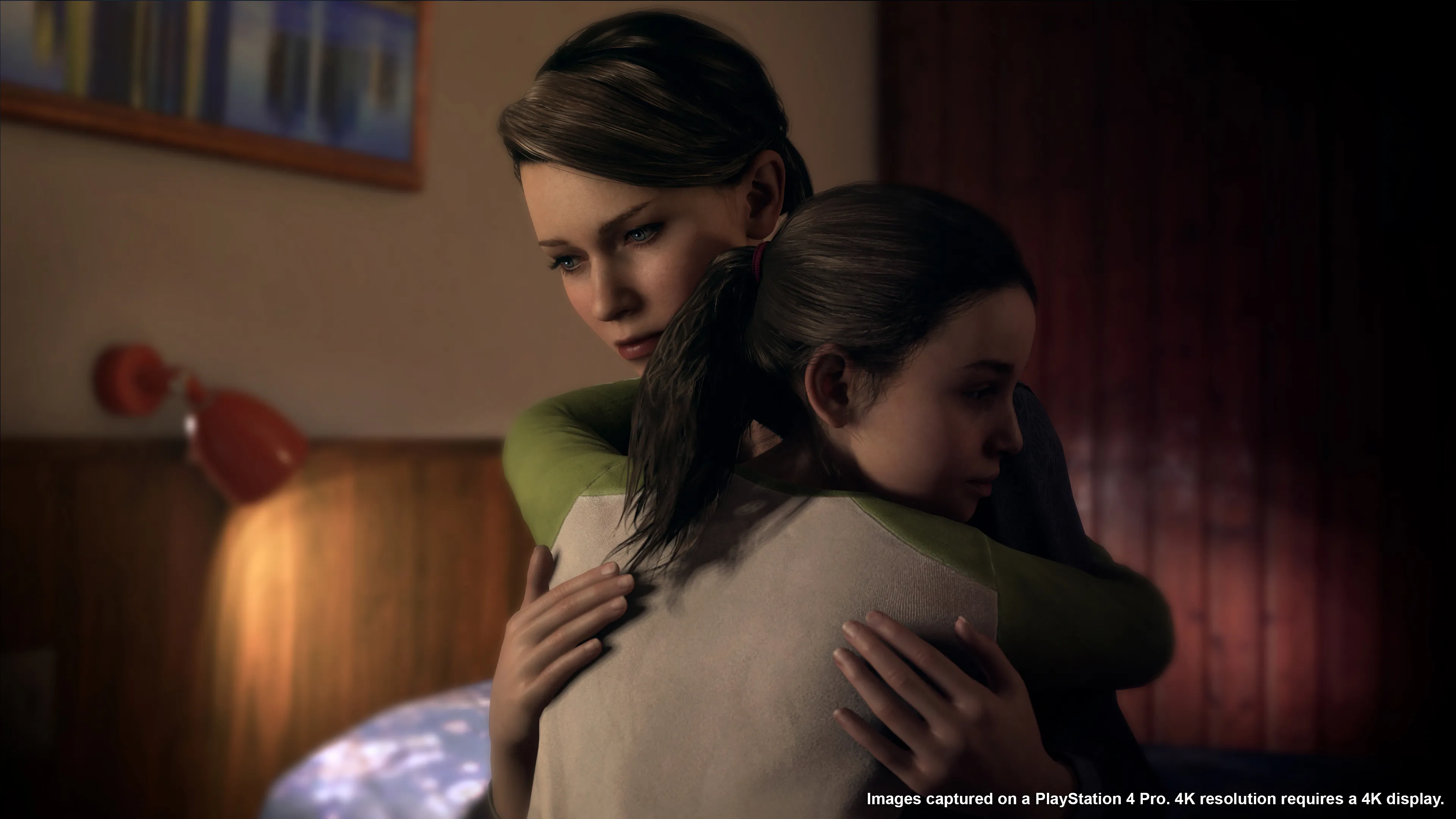
-
Detroit Become Human

-
Detroit Become Human
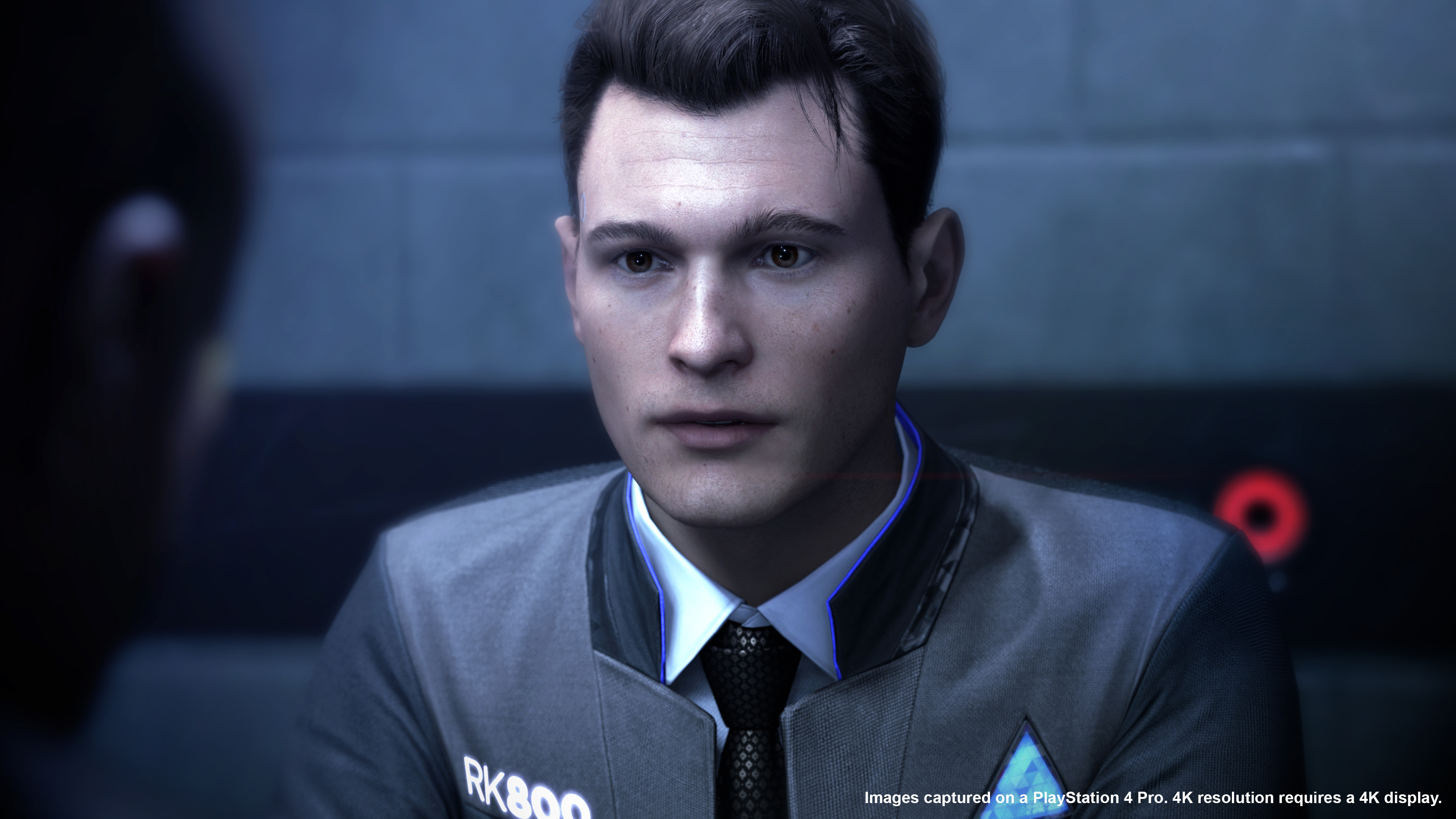
-
Detroit Become Human
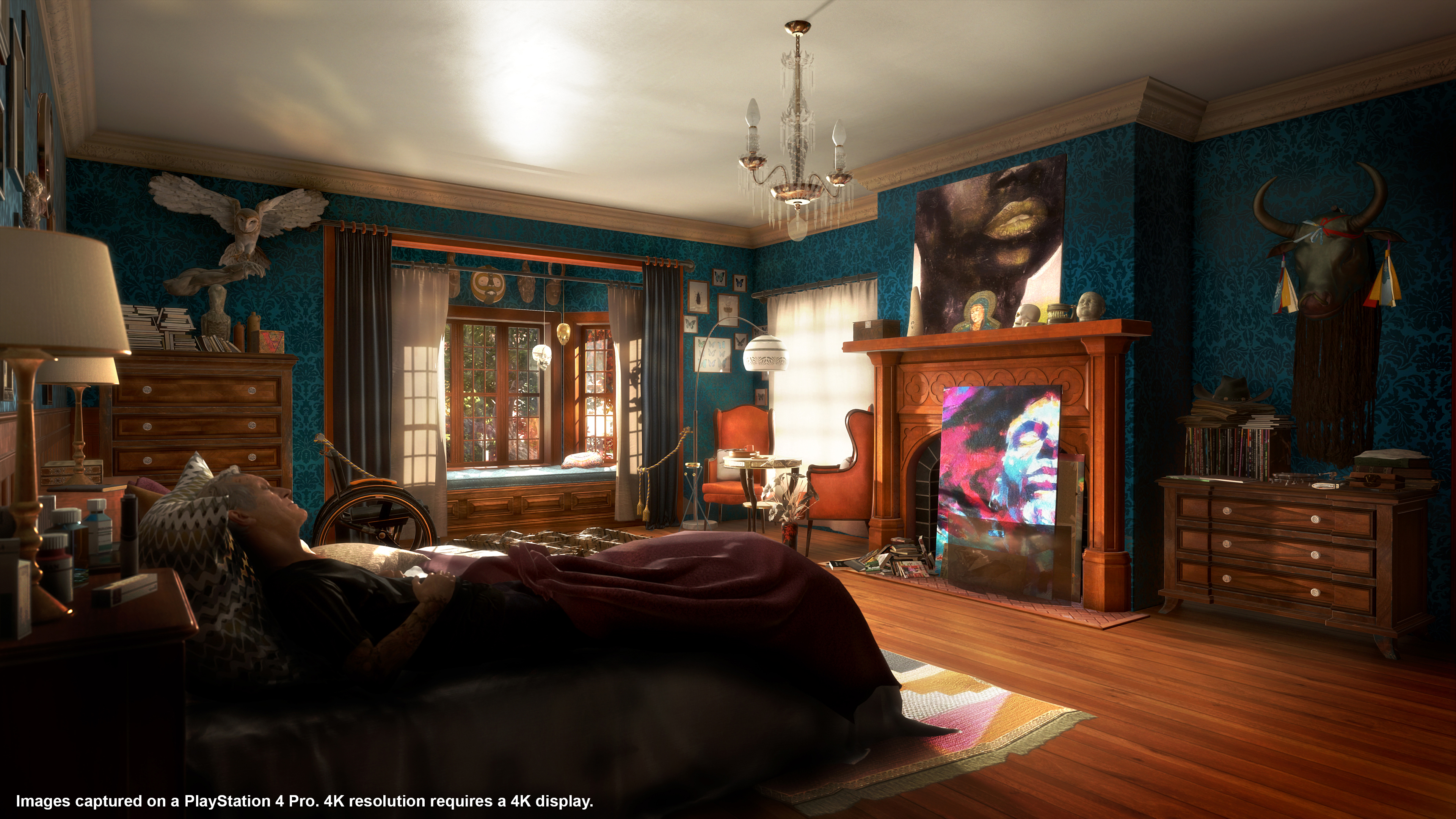
-
Detroit Become Human
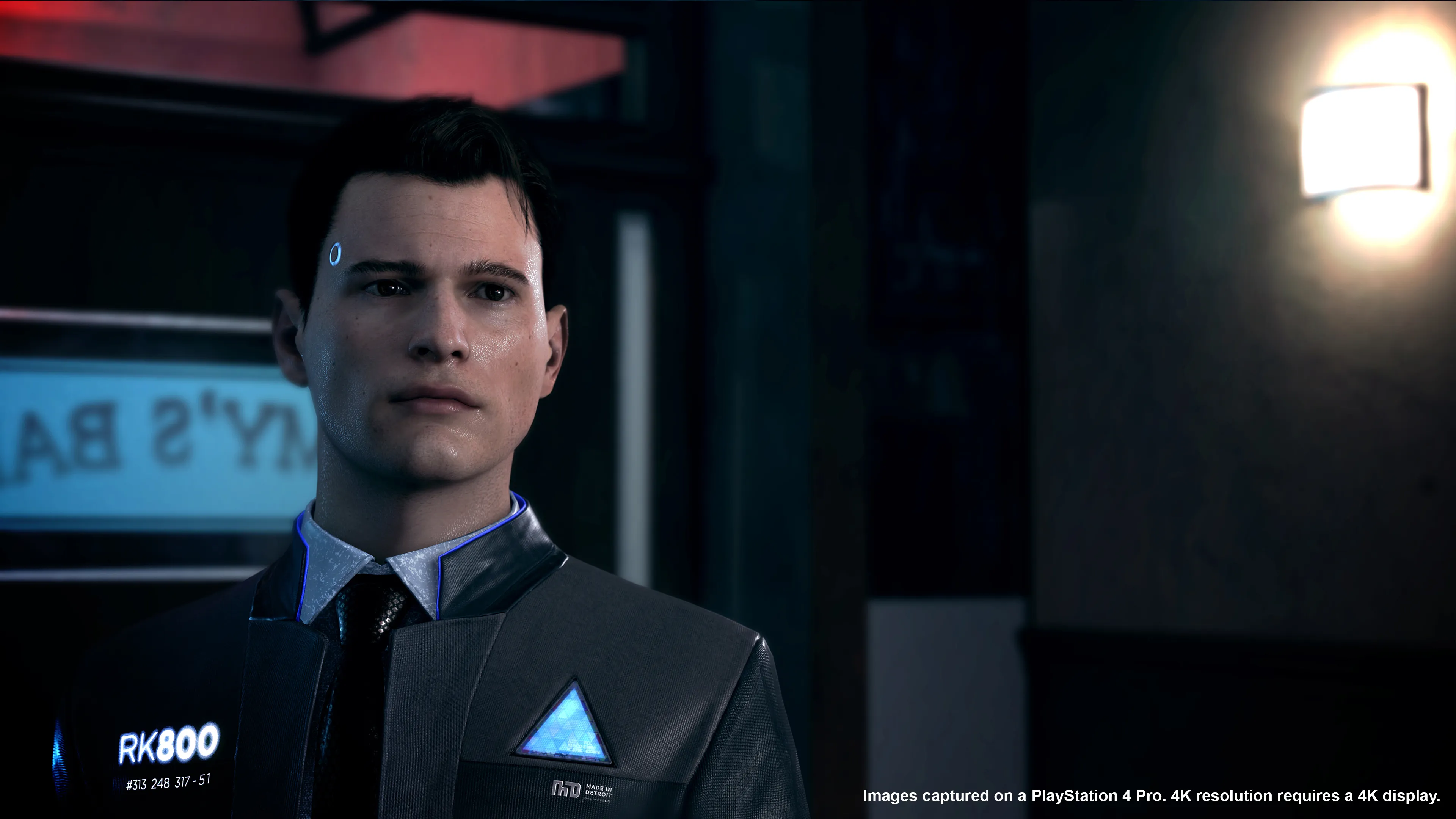
-
Detroit Become Human
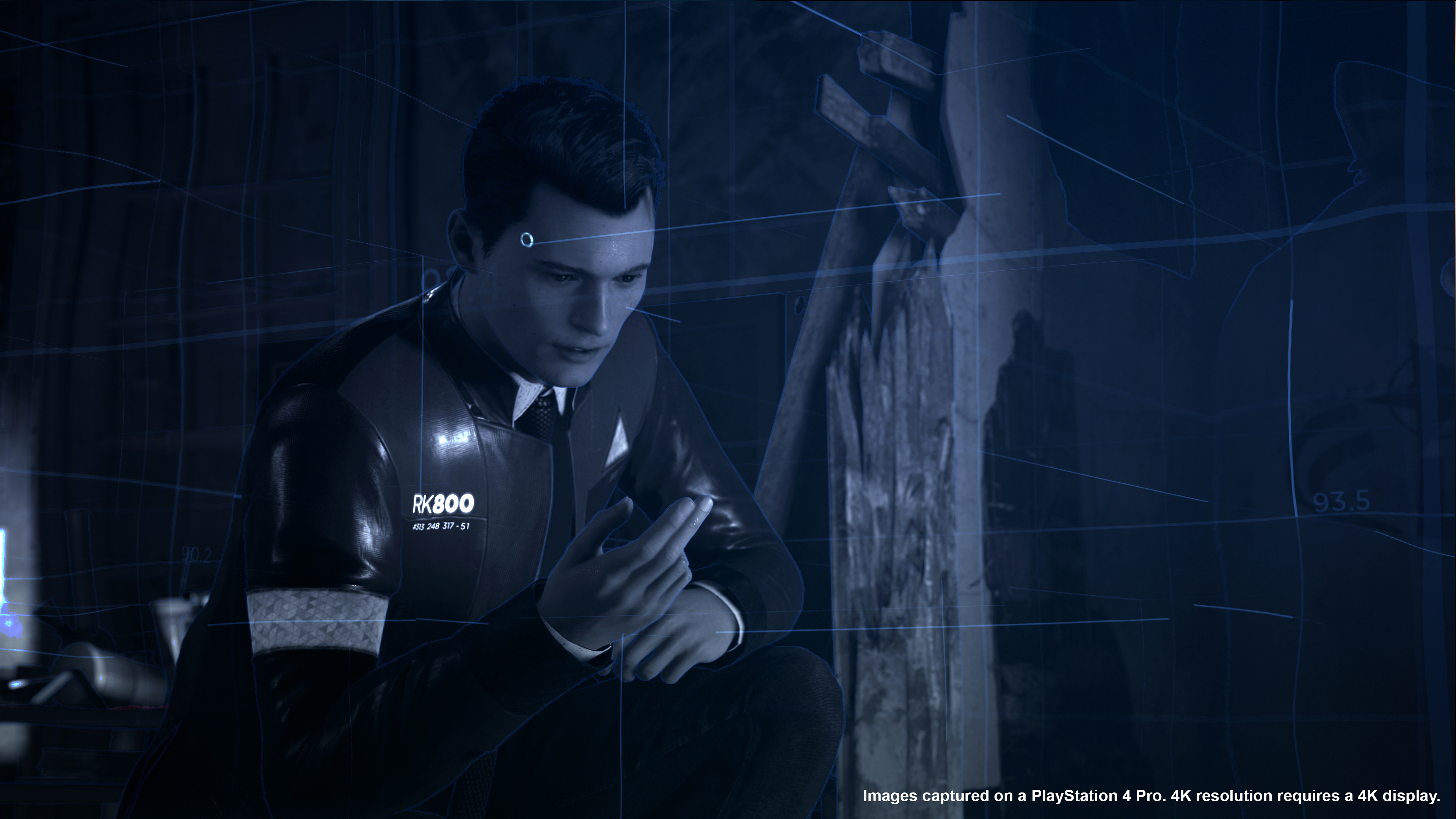
-
Detroit Become Human
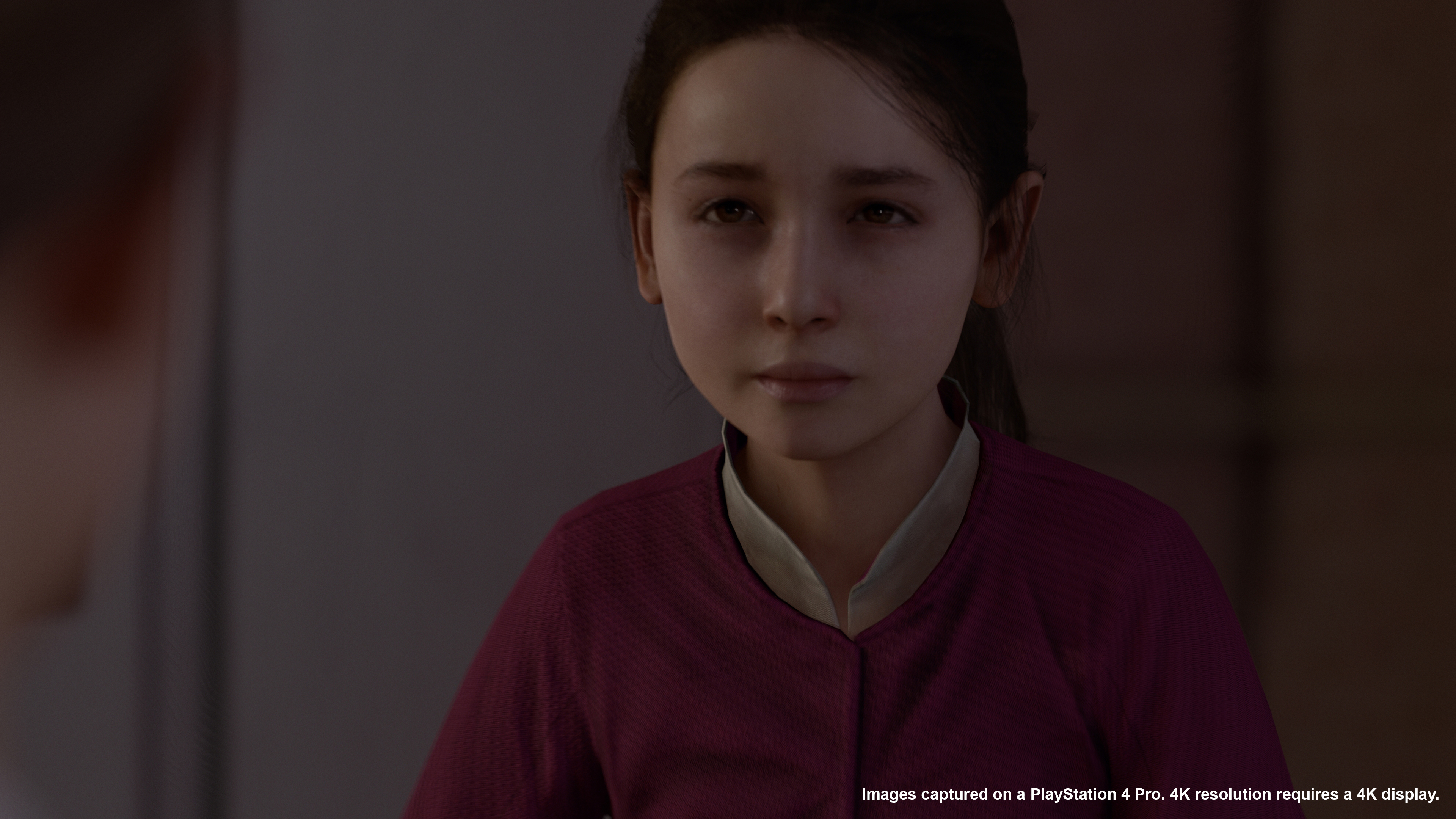
-
Detroit Become Human
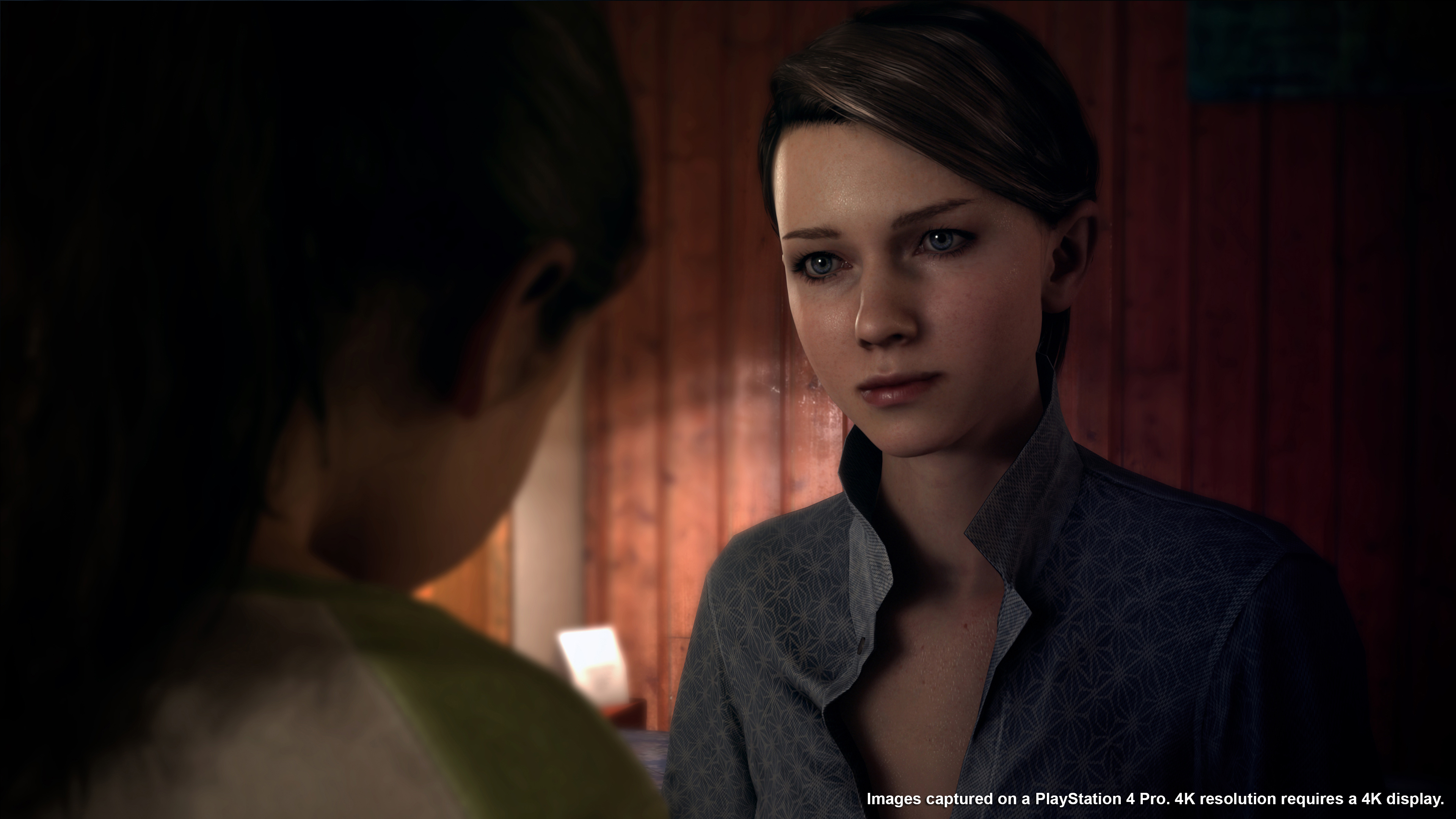
-
Detroit Become Human
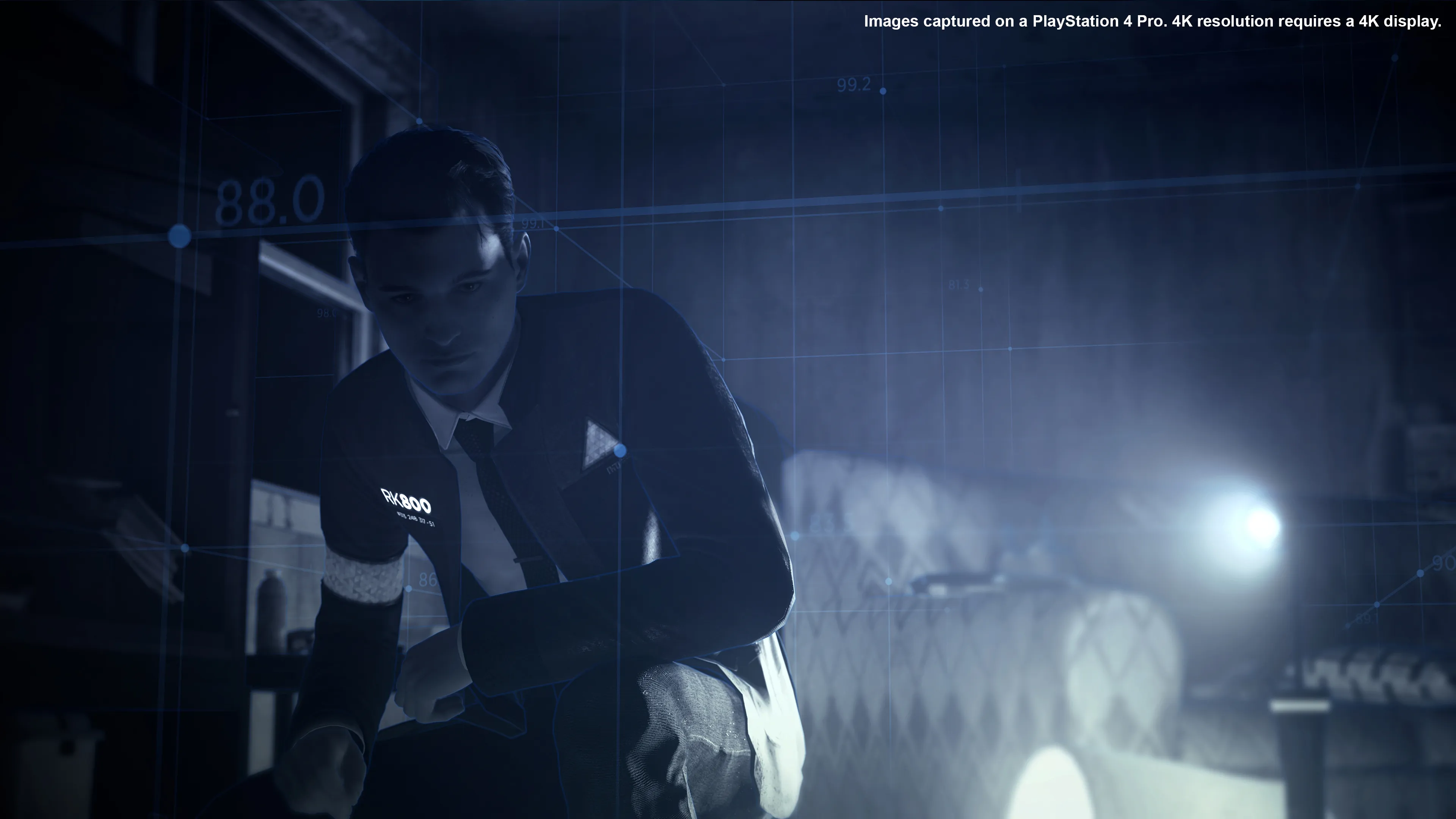
-
Detroit Become Human
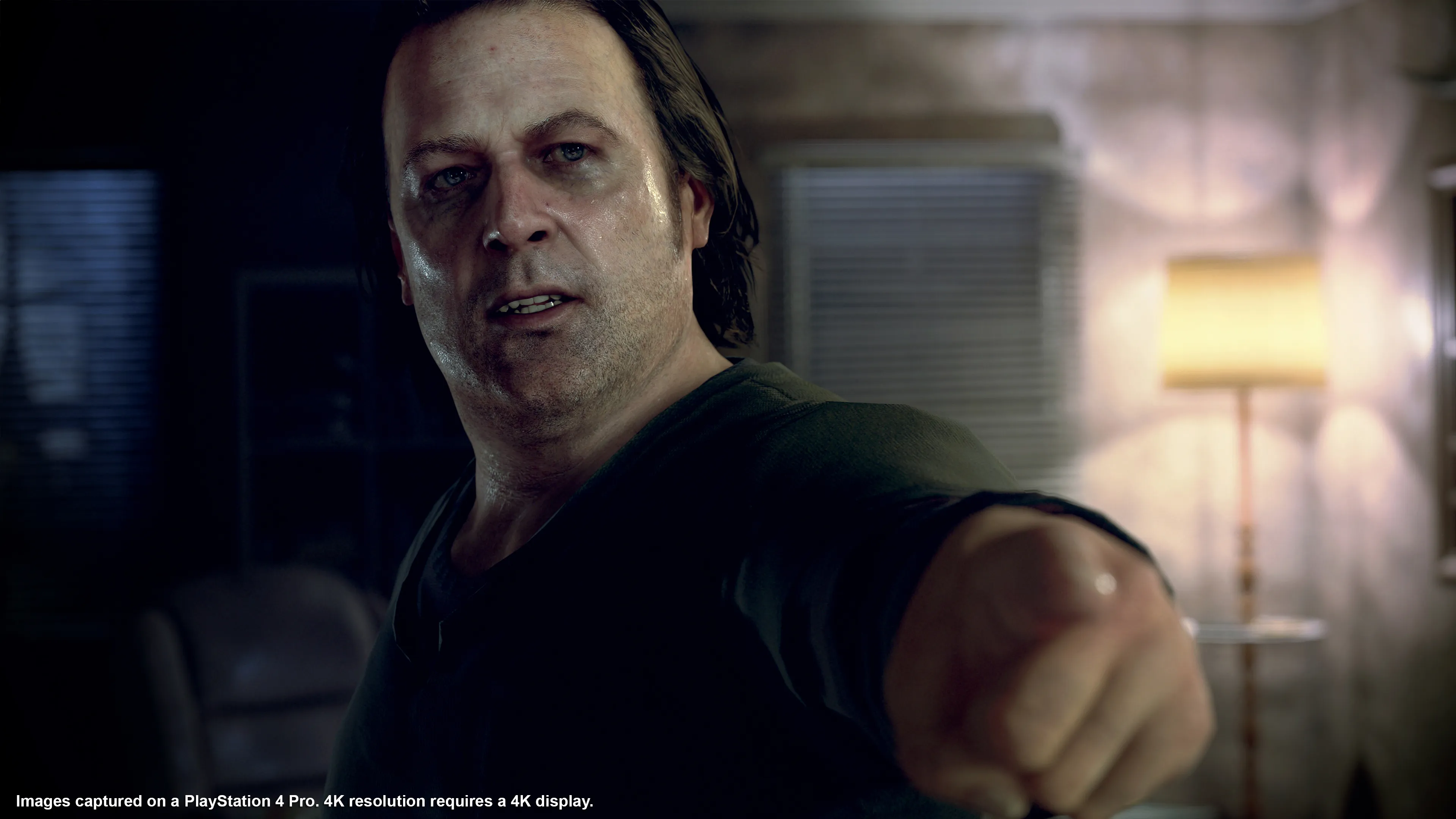
-
Detroit Become Human
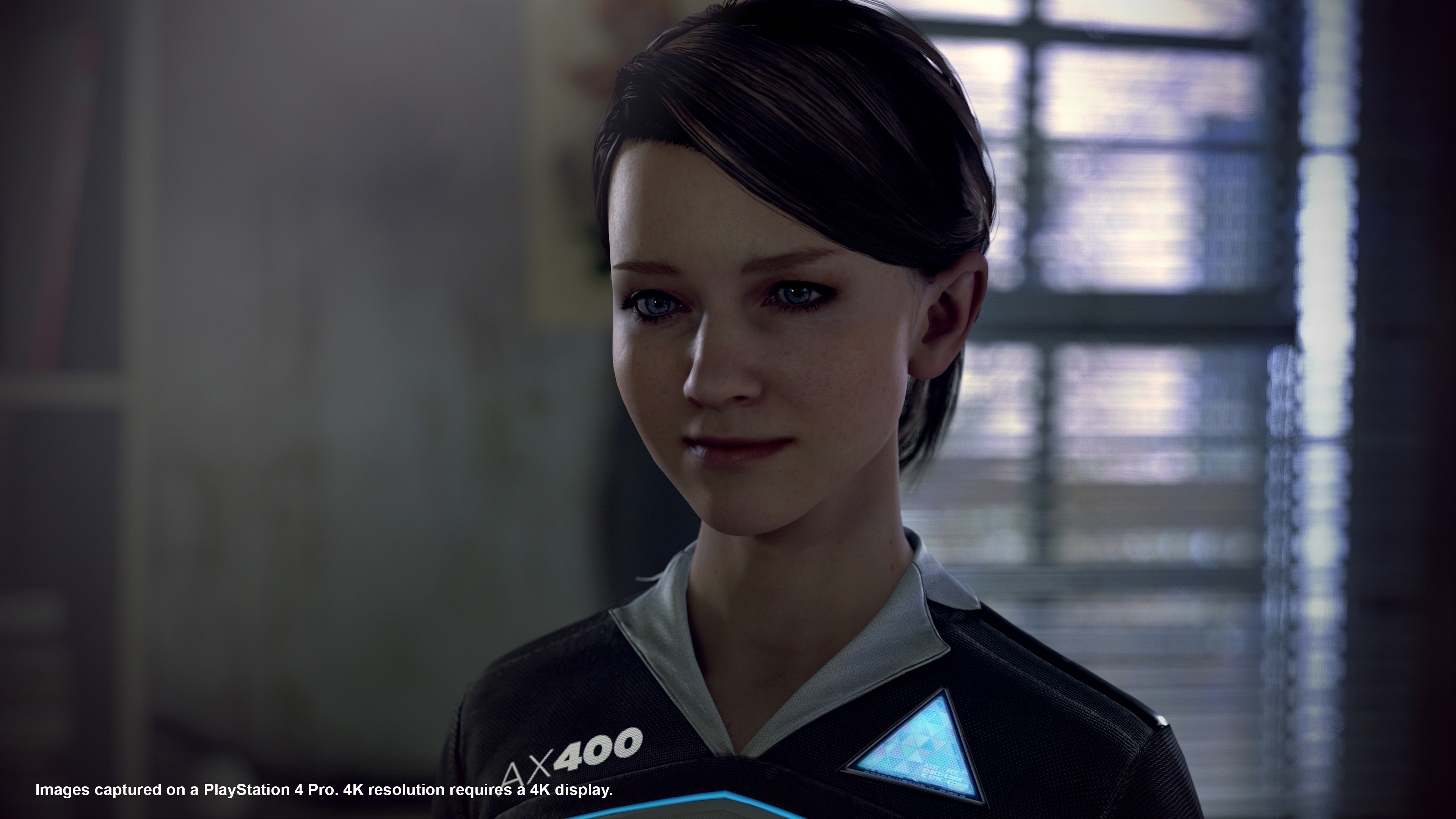
-
Detroit Become Human
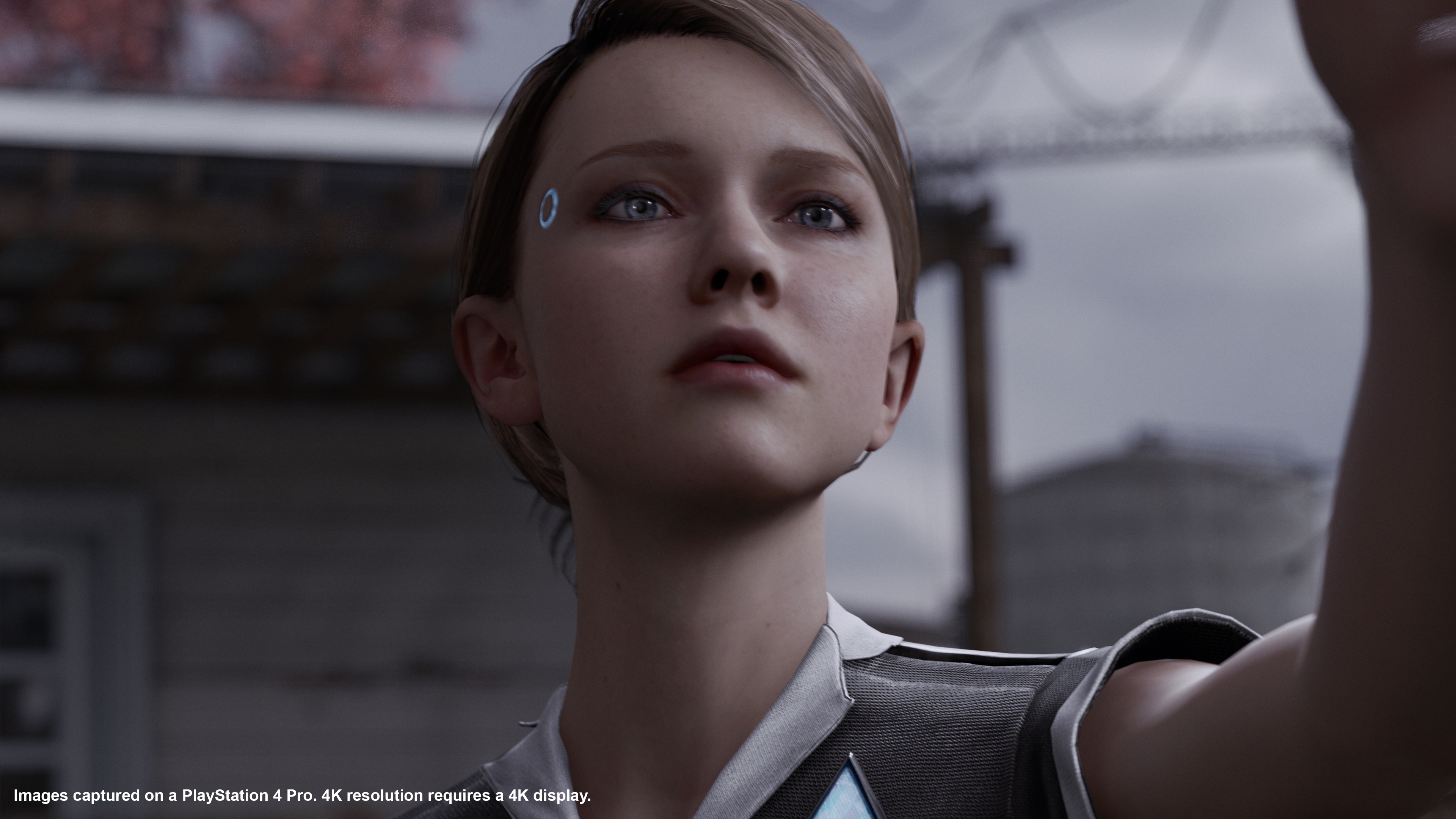
-
Detroit Become Human
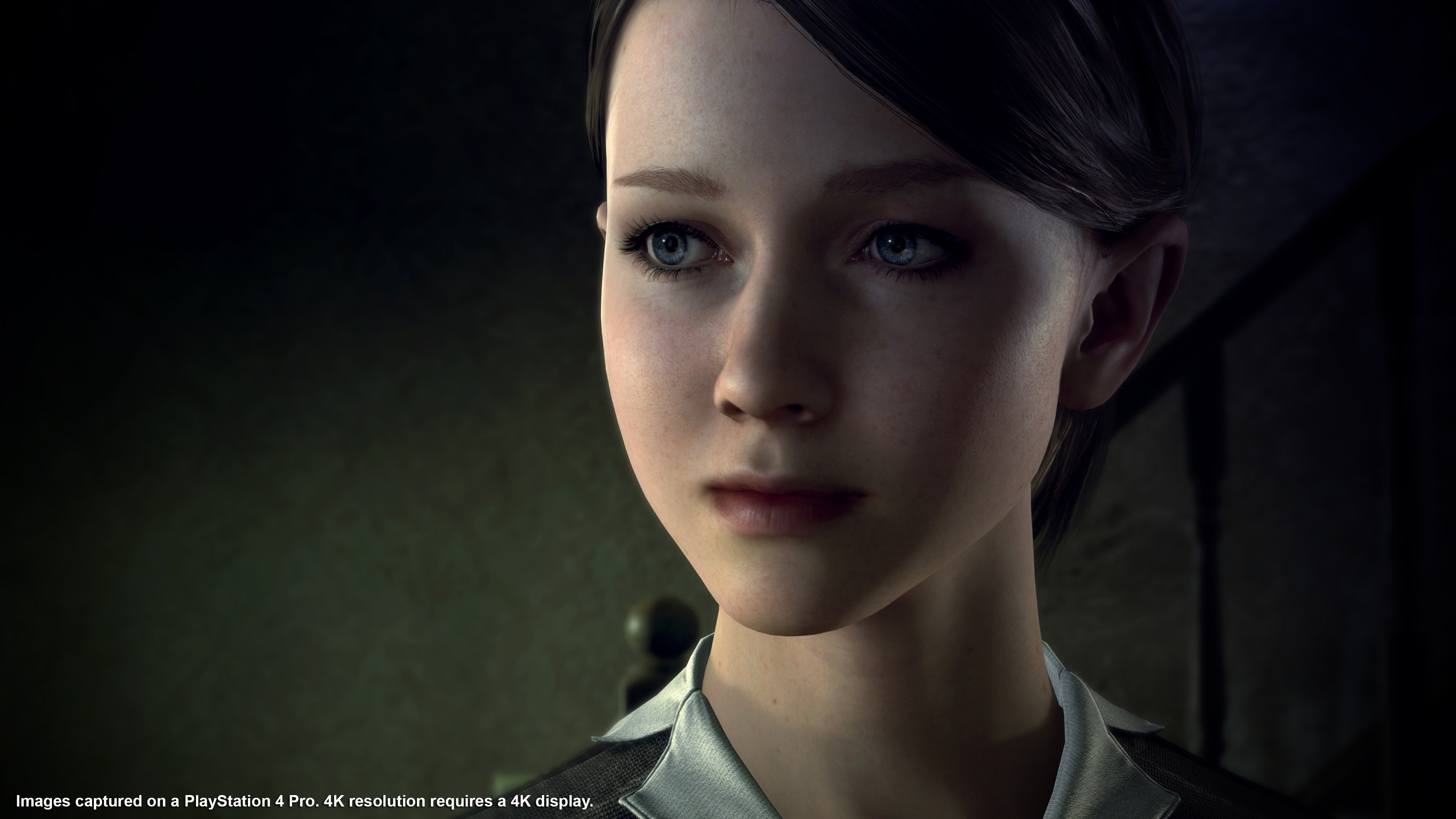
-
Detroit Become Human
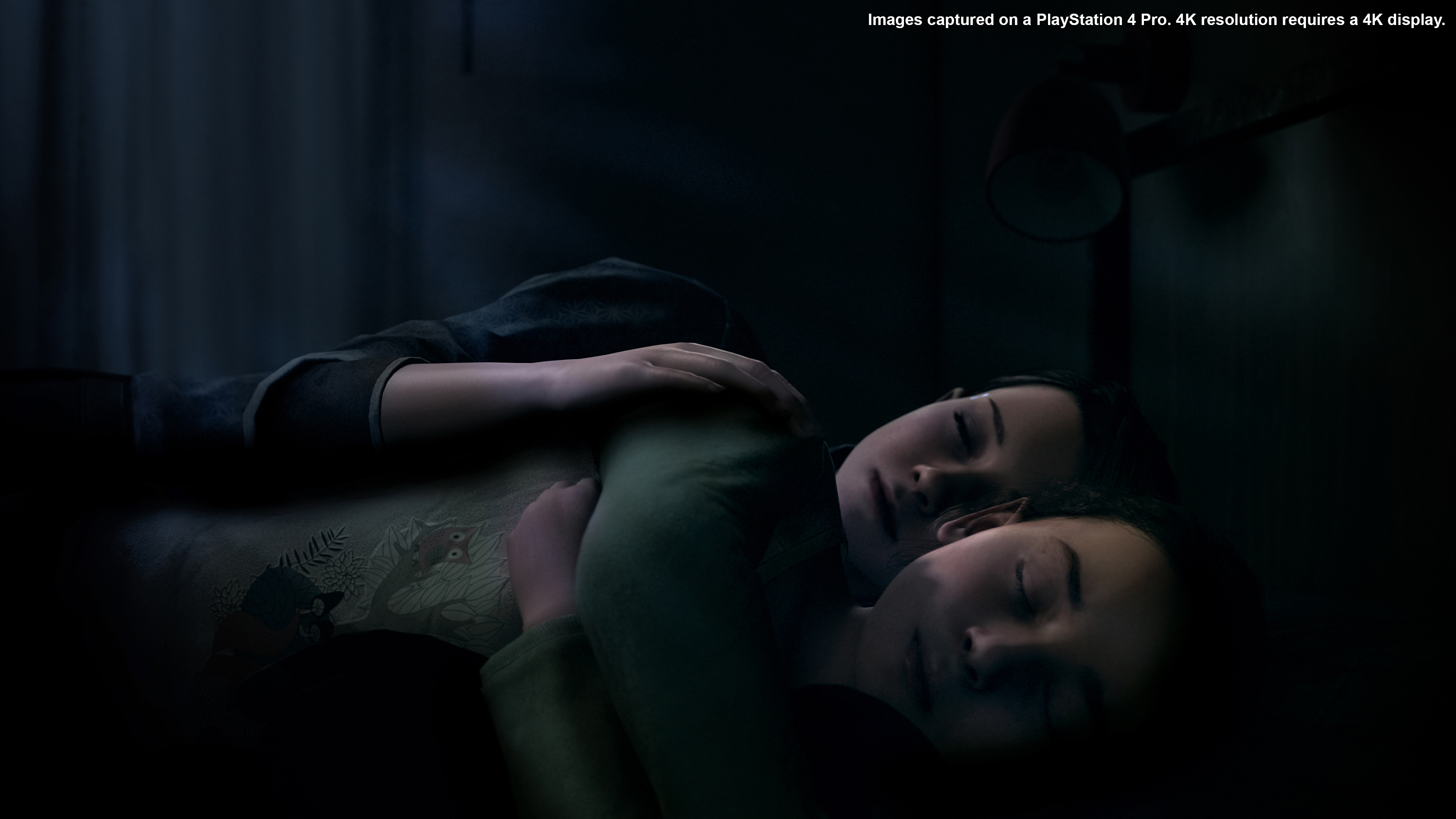
-
Detroit Become Human
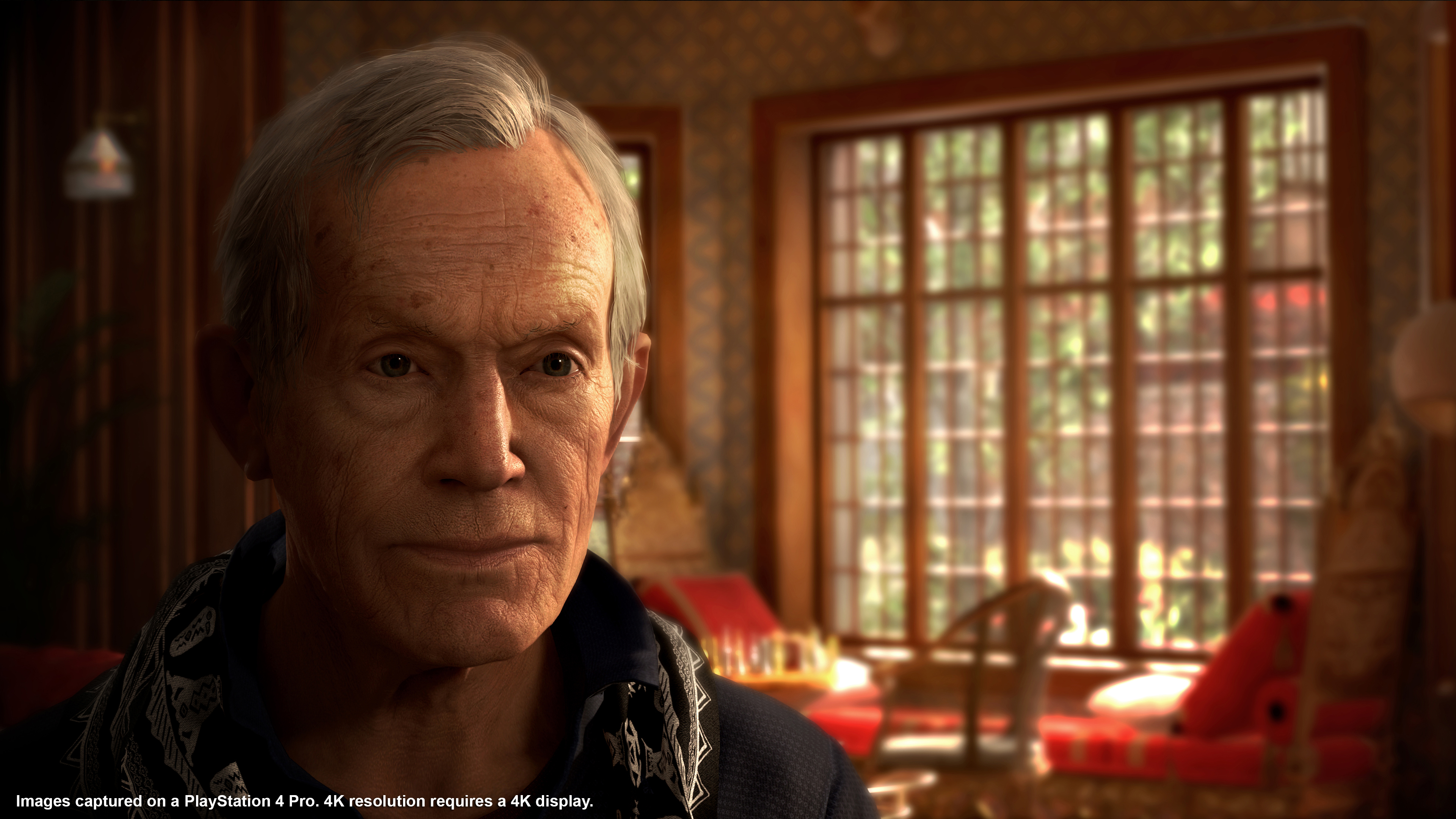
-
Detroit Become Human
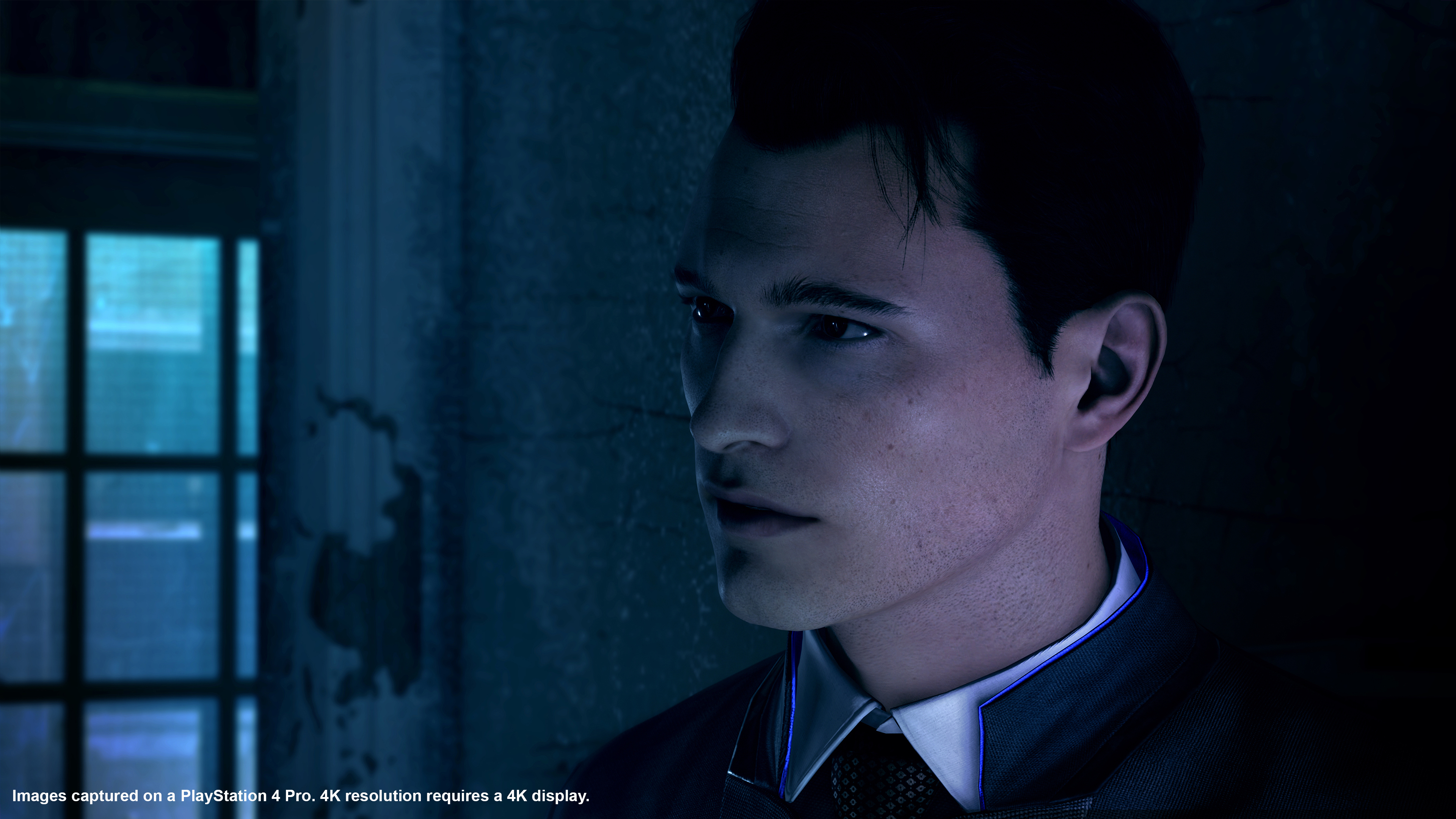
-
Detroit Become Human
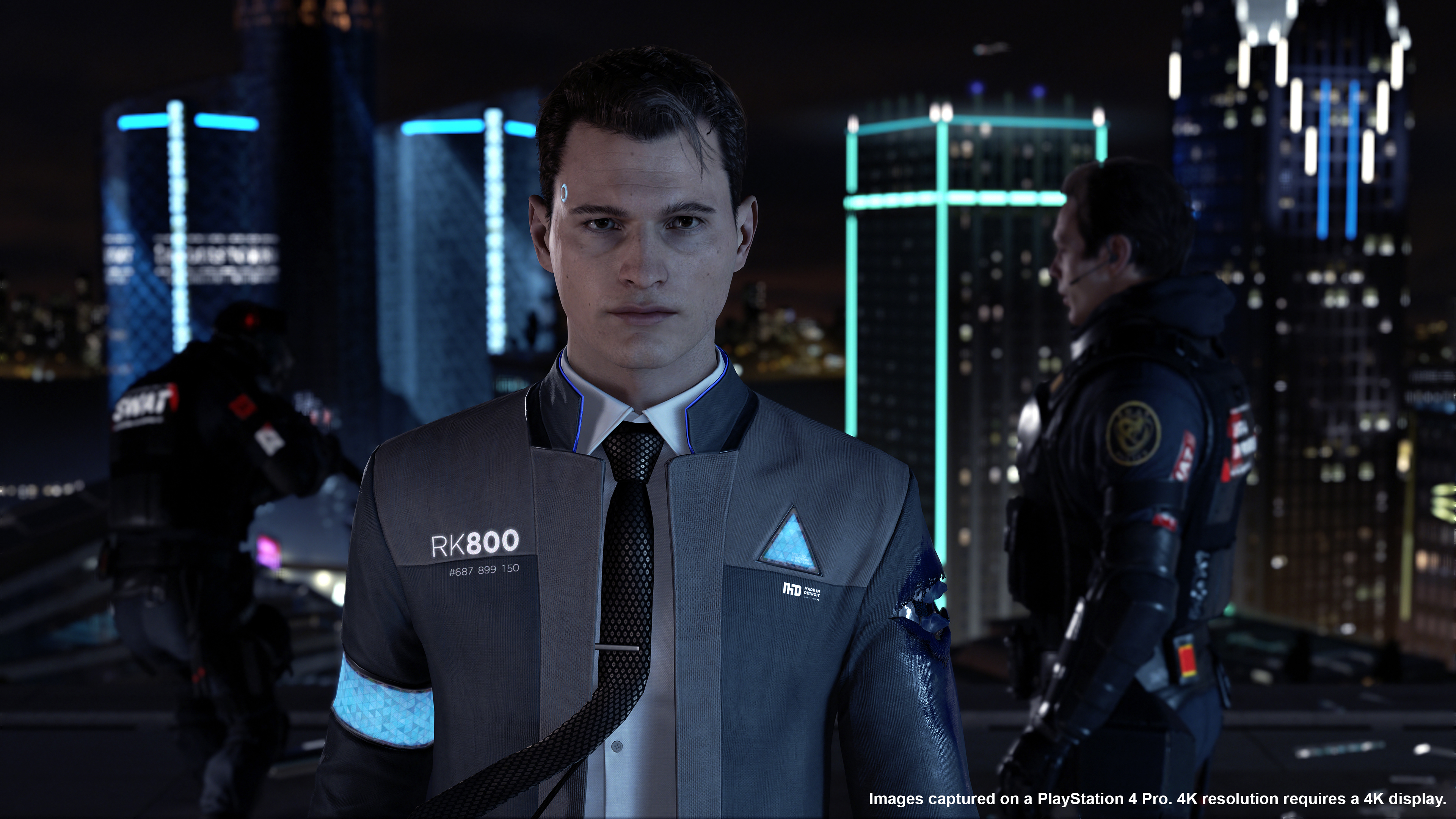
-
Detroit Become Human
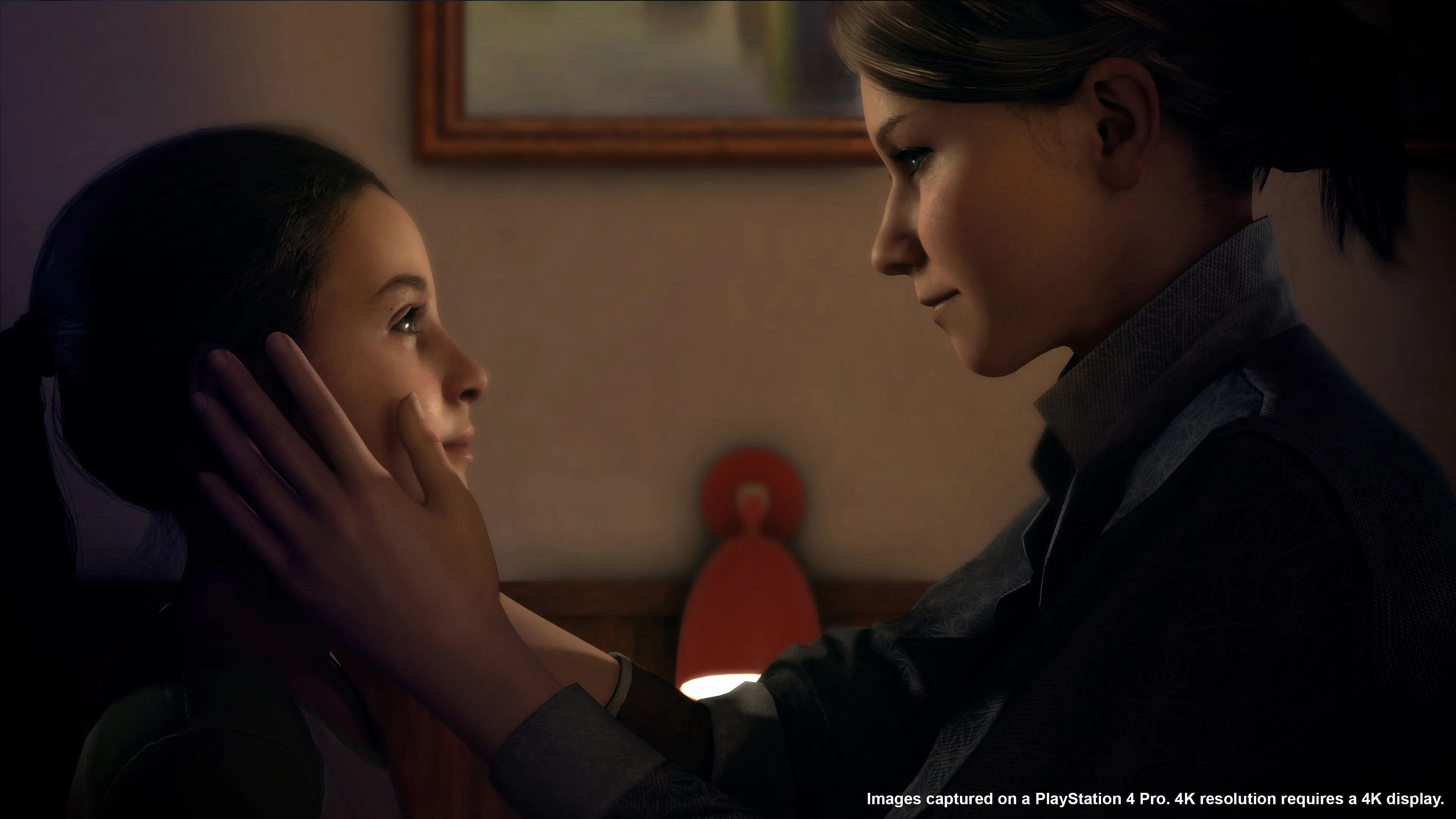
-
Detroit Become Human
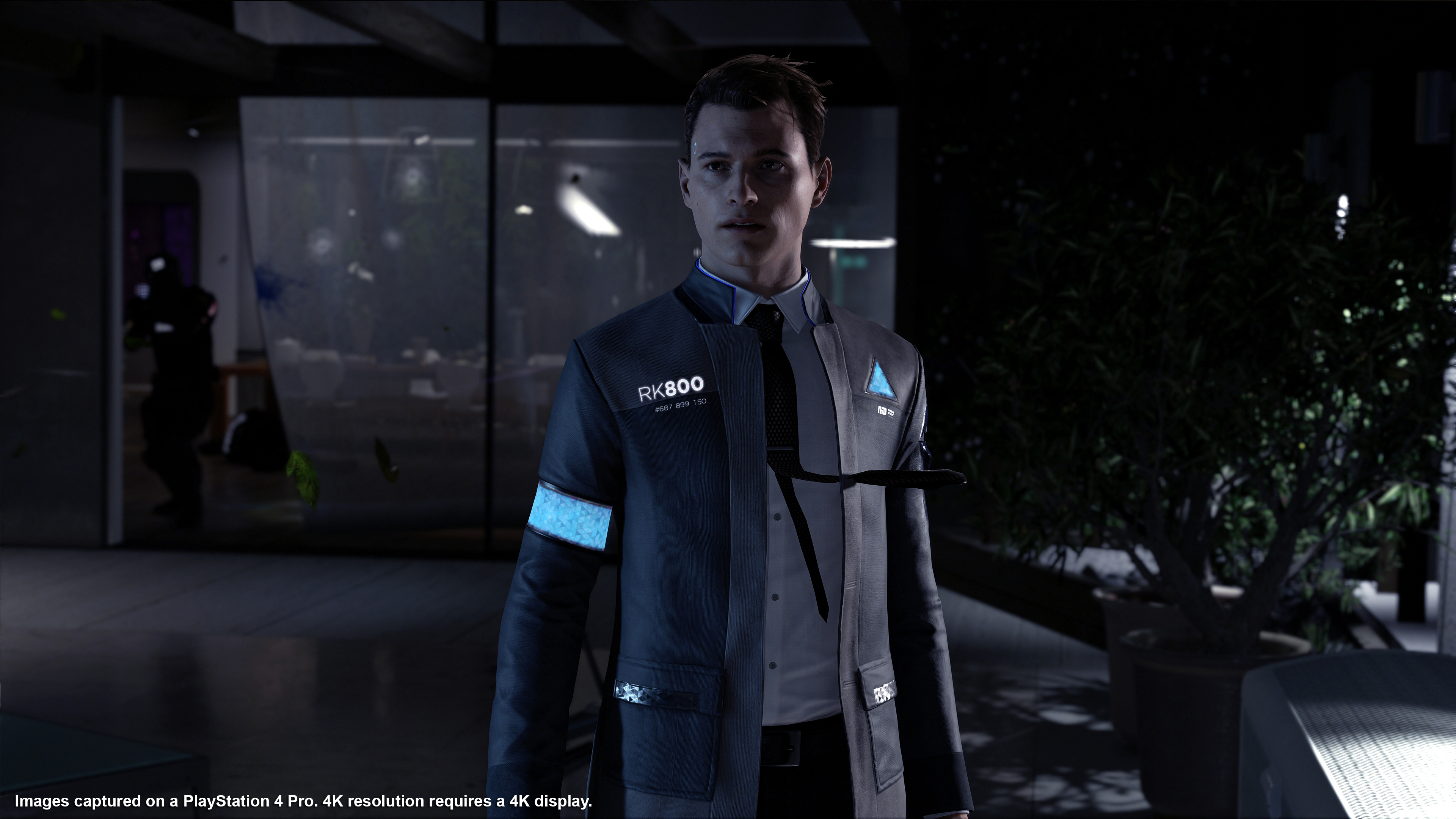
-
Detroit Become Human
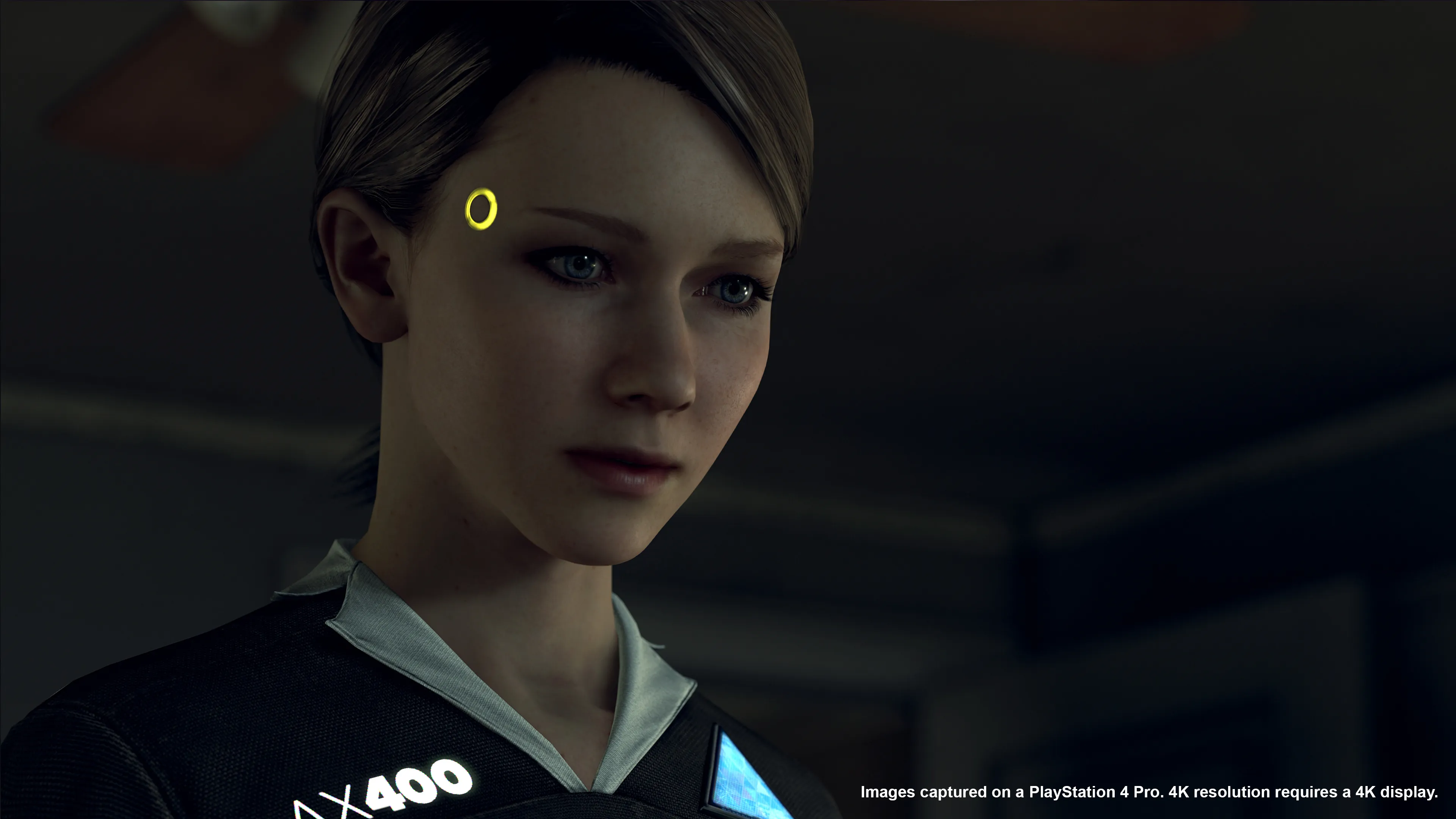
-
Detroit Become Human
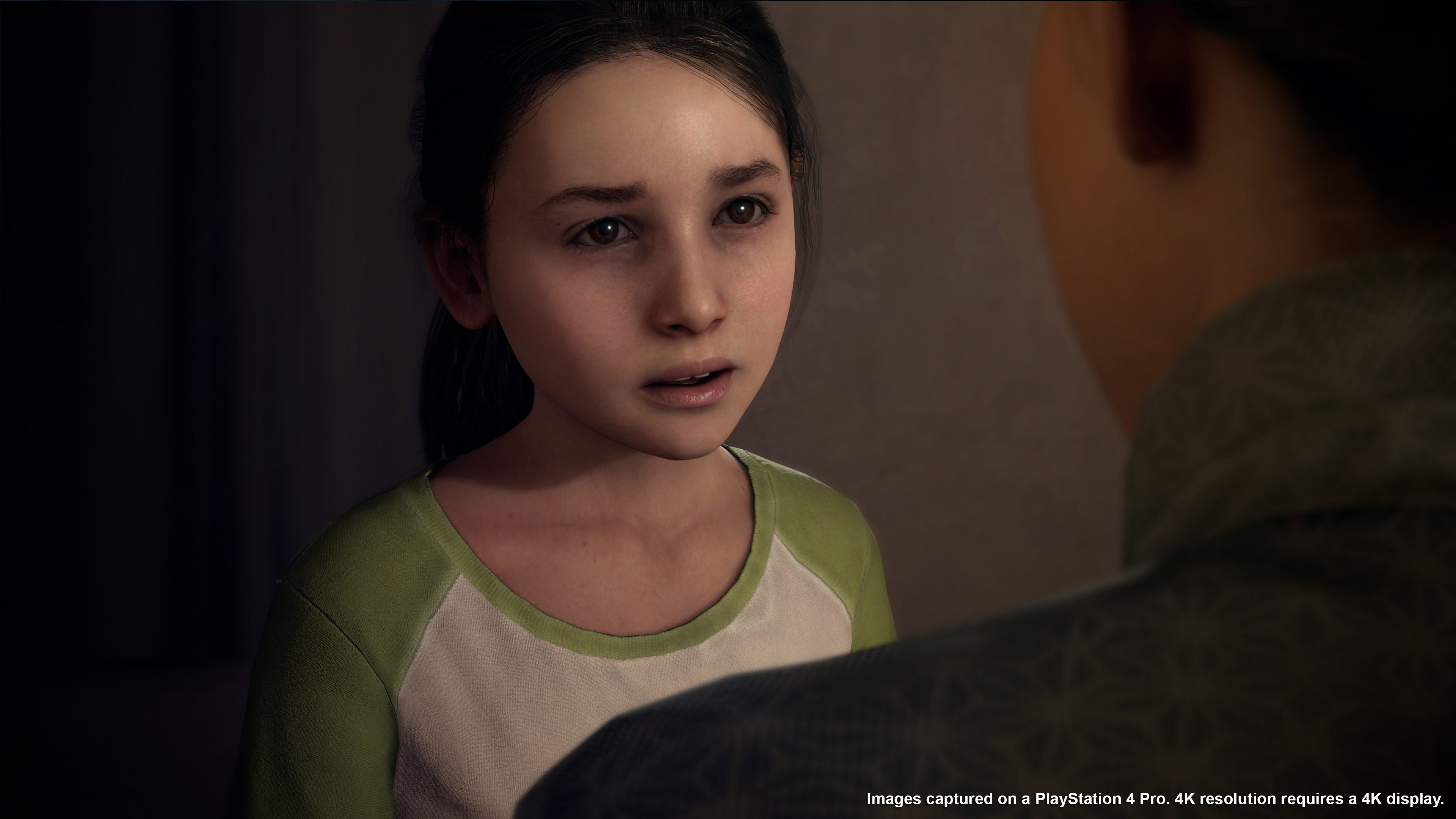
-
Detroit Become Human
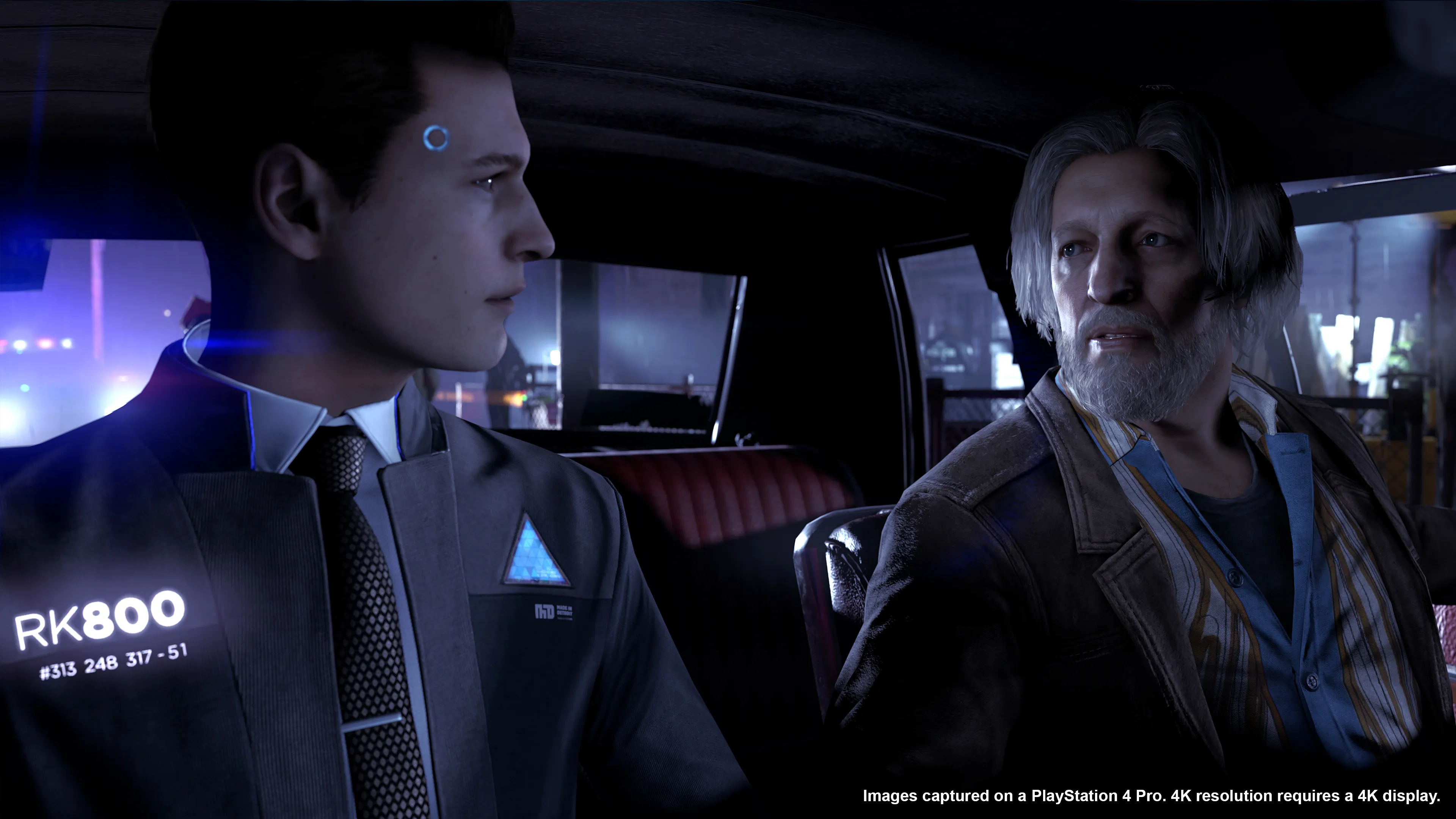
-
Detroit Become Human
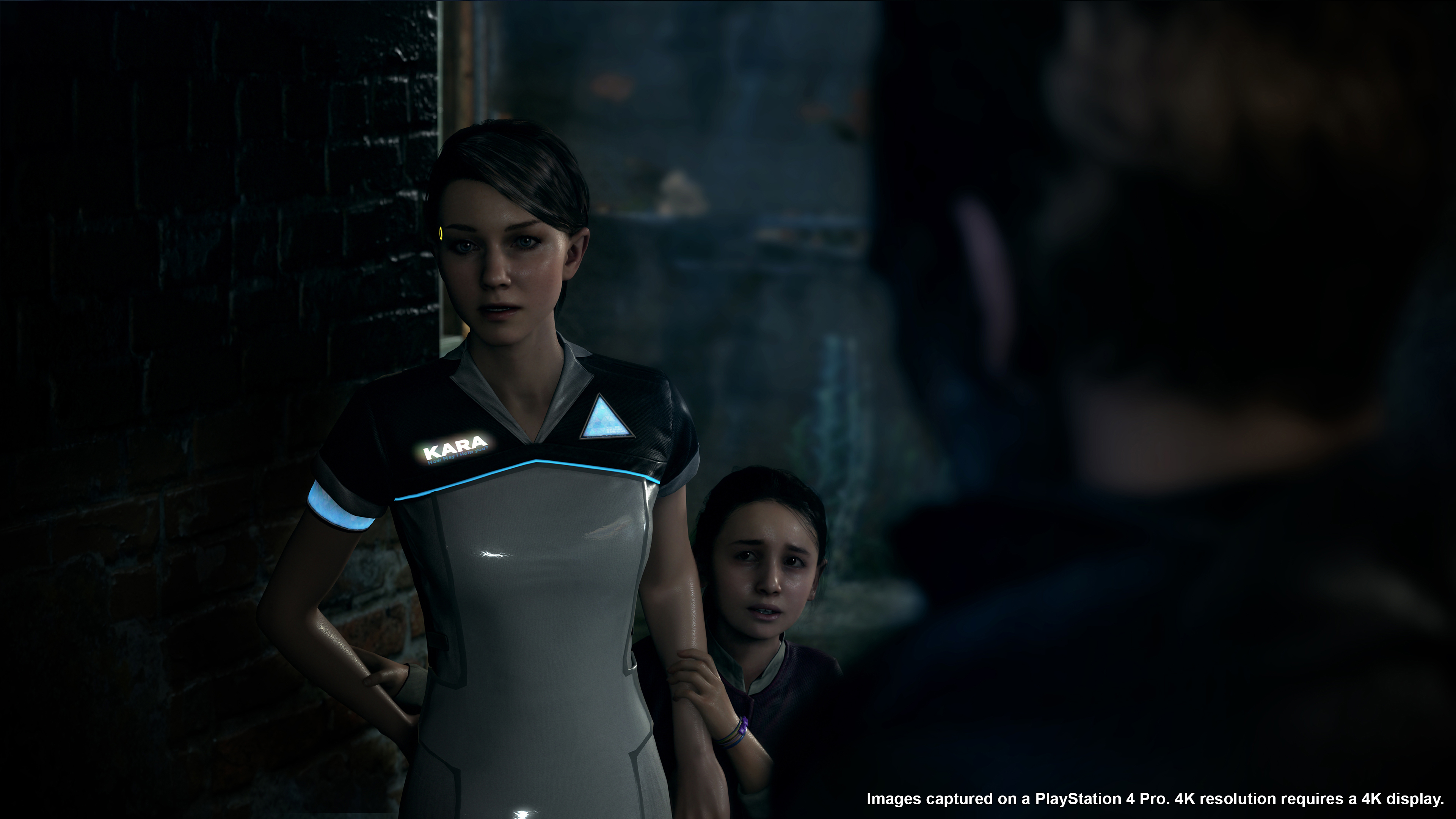
-
Detroit Become Human
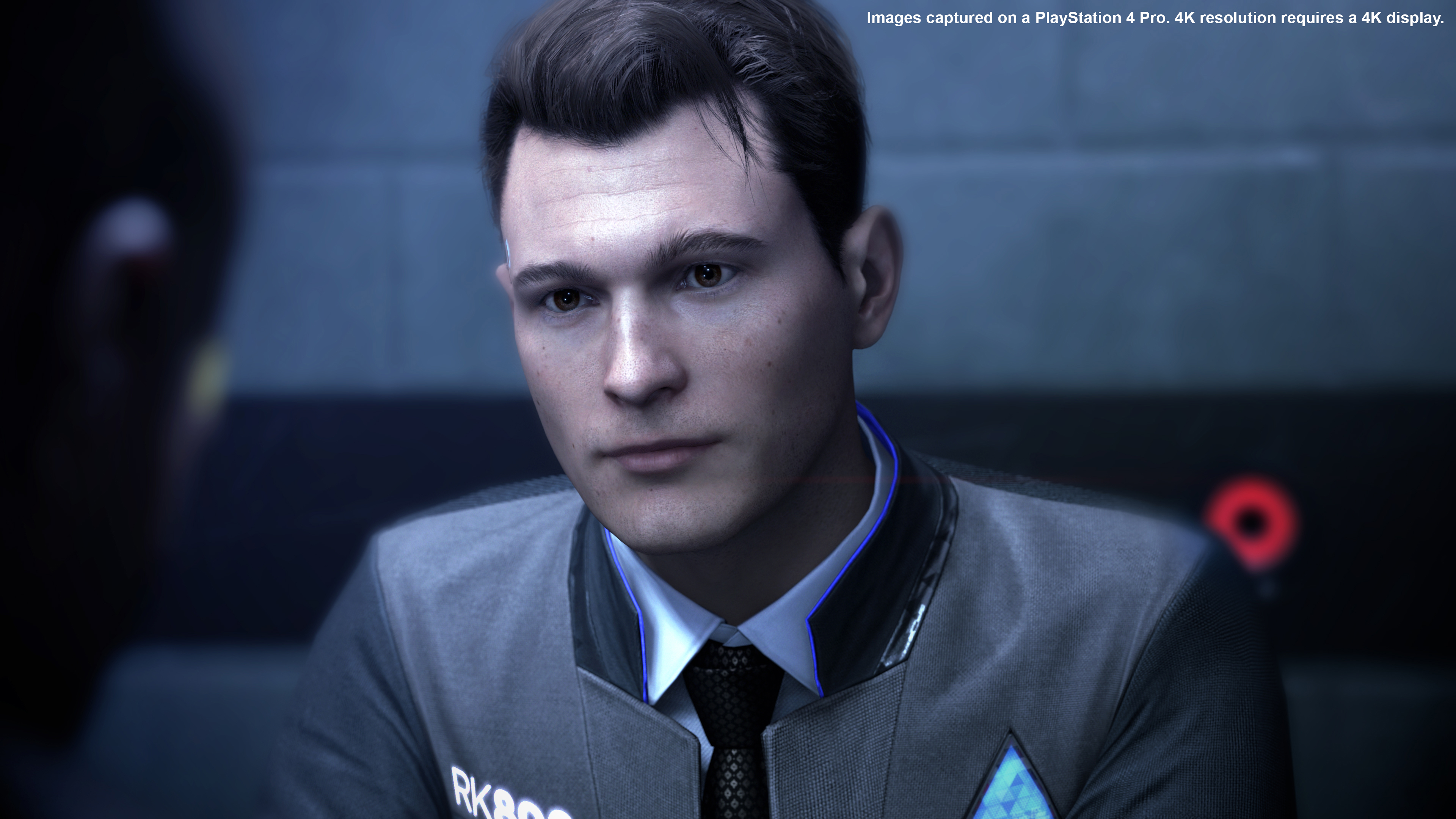
-
Detroit Become Human
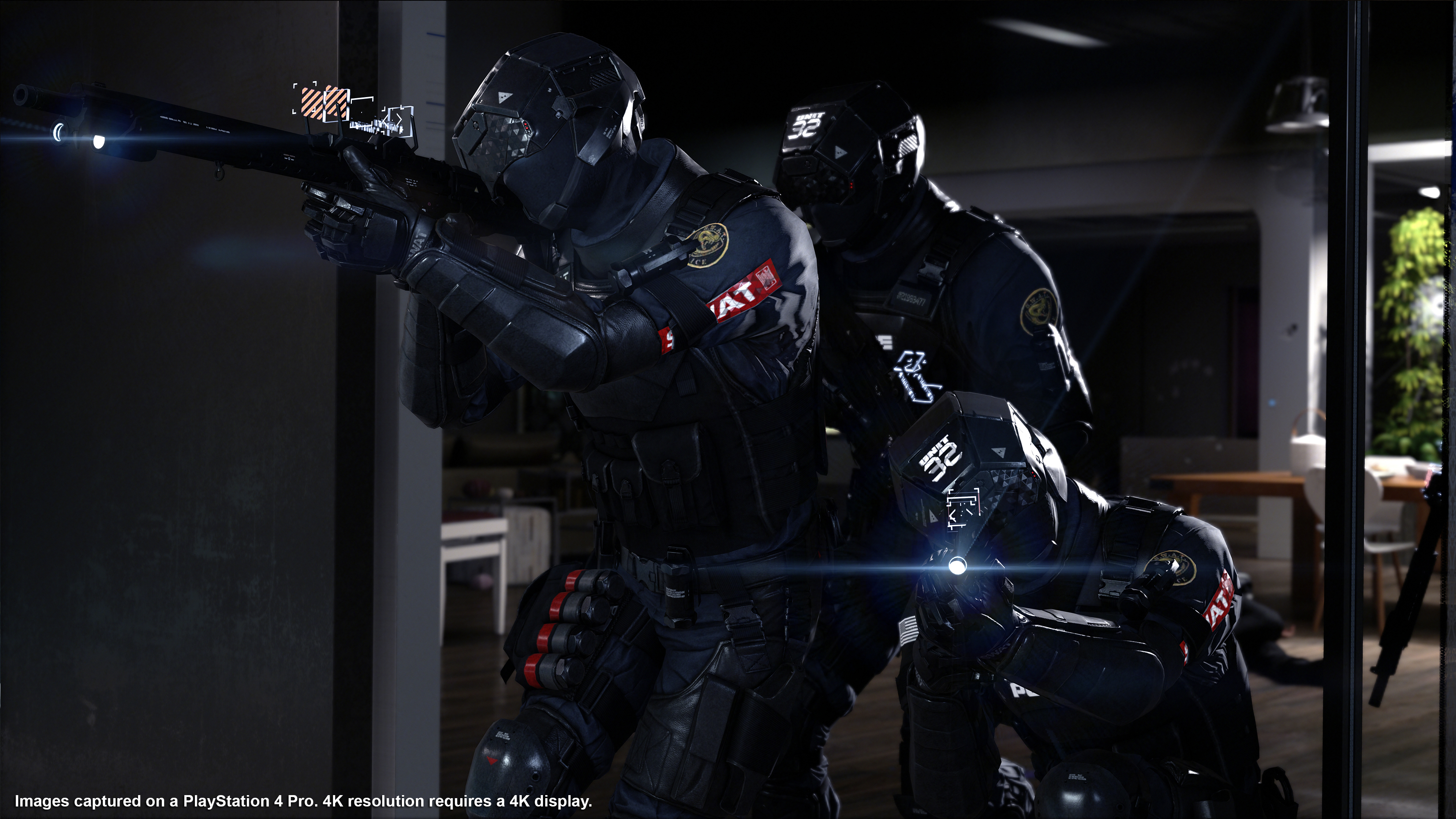
-
Detroit Become Human
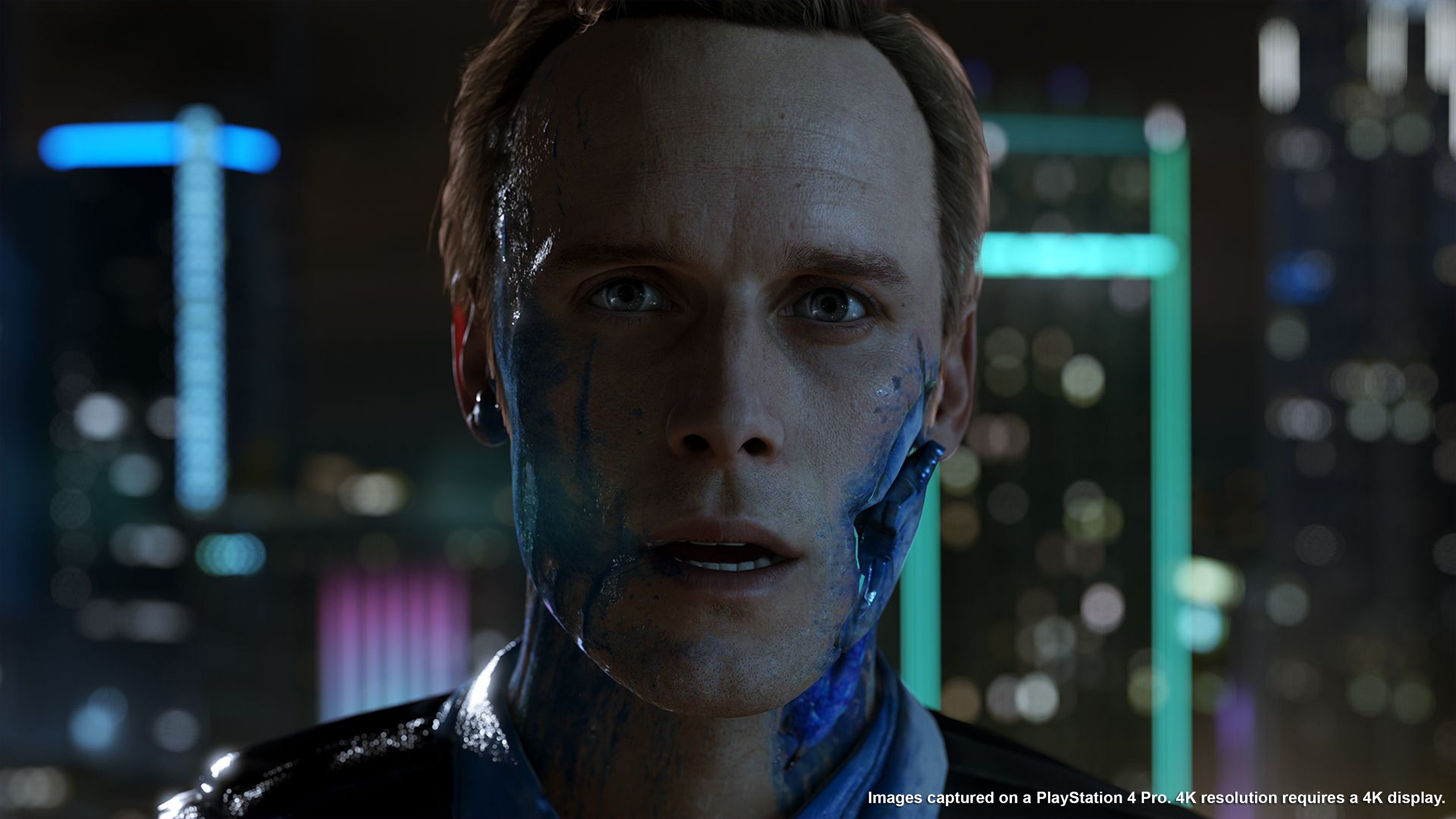
-
Detroit Become Human
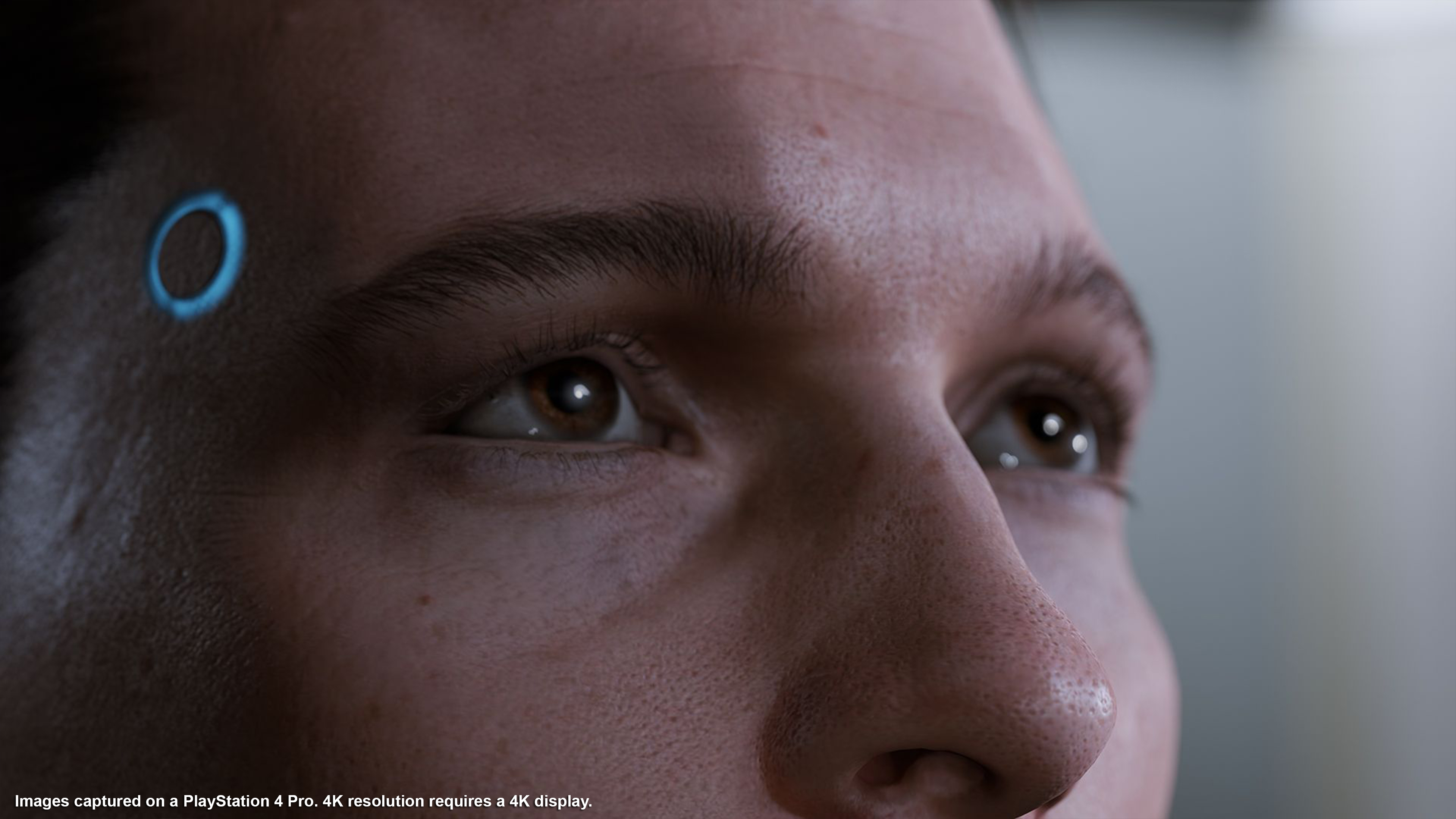
-
Detroit Become Human
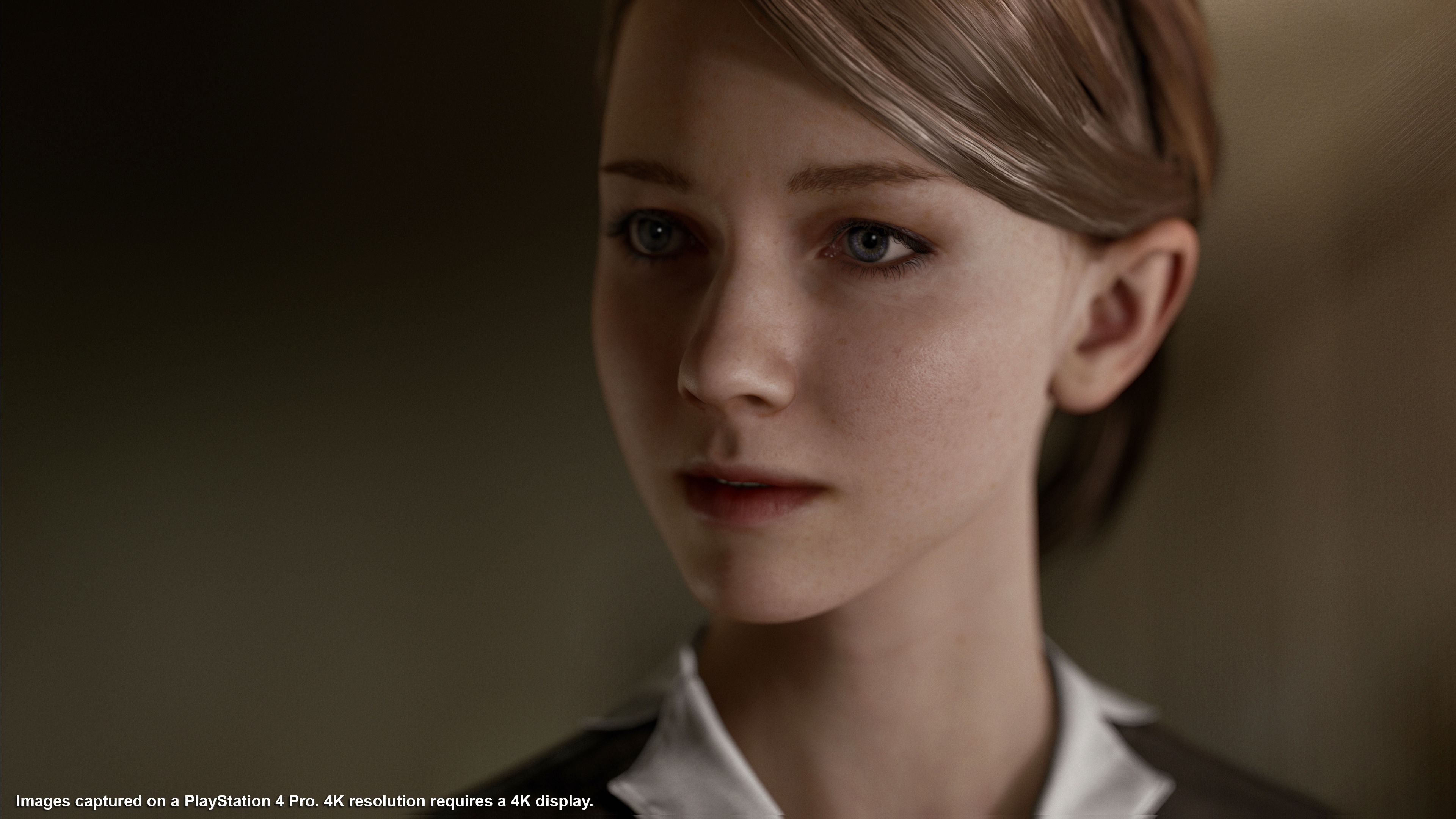
-
Detroit Become Human
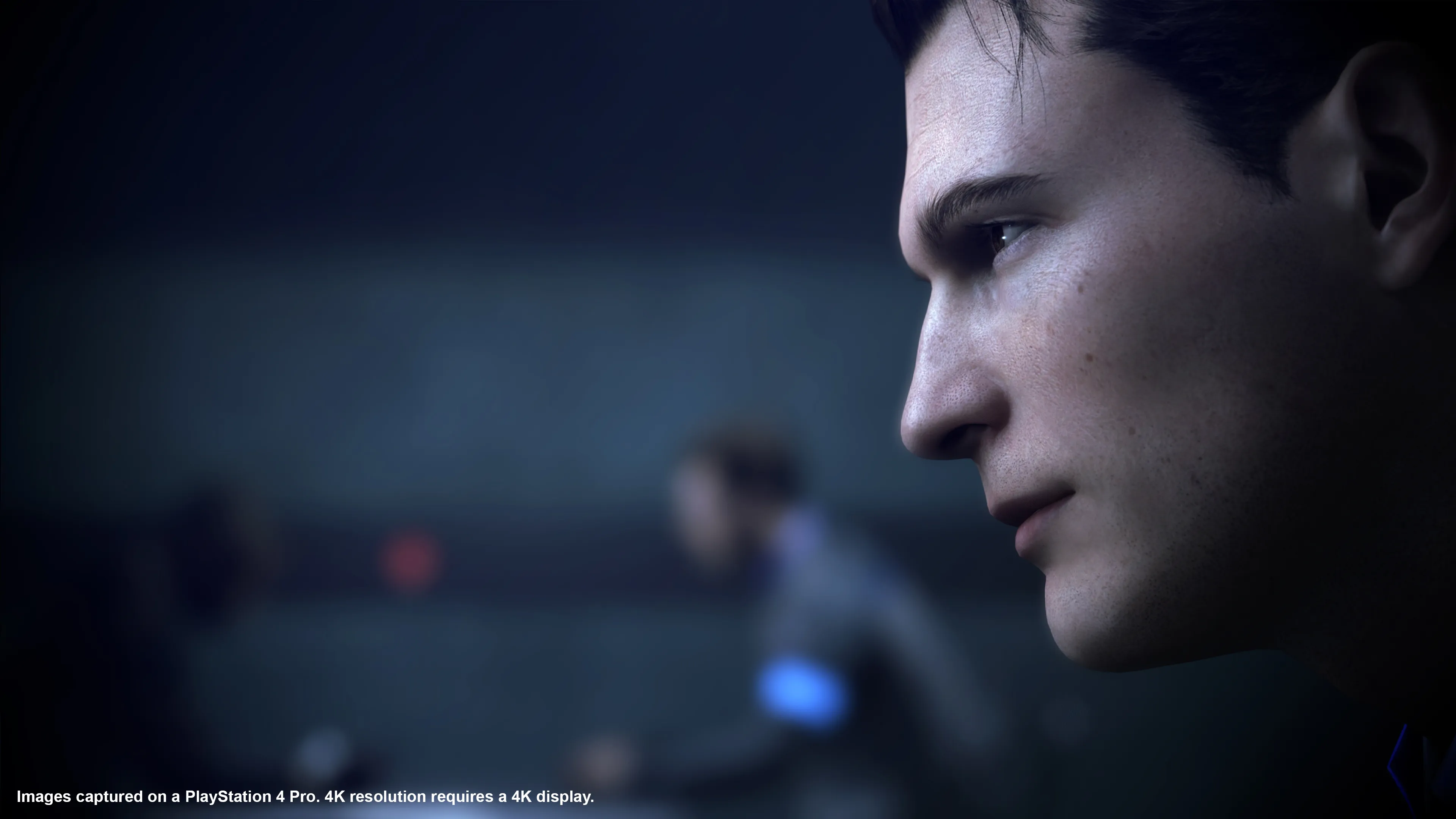
-
Detroit Become Human
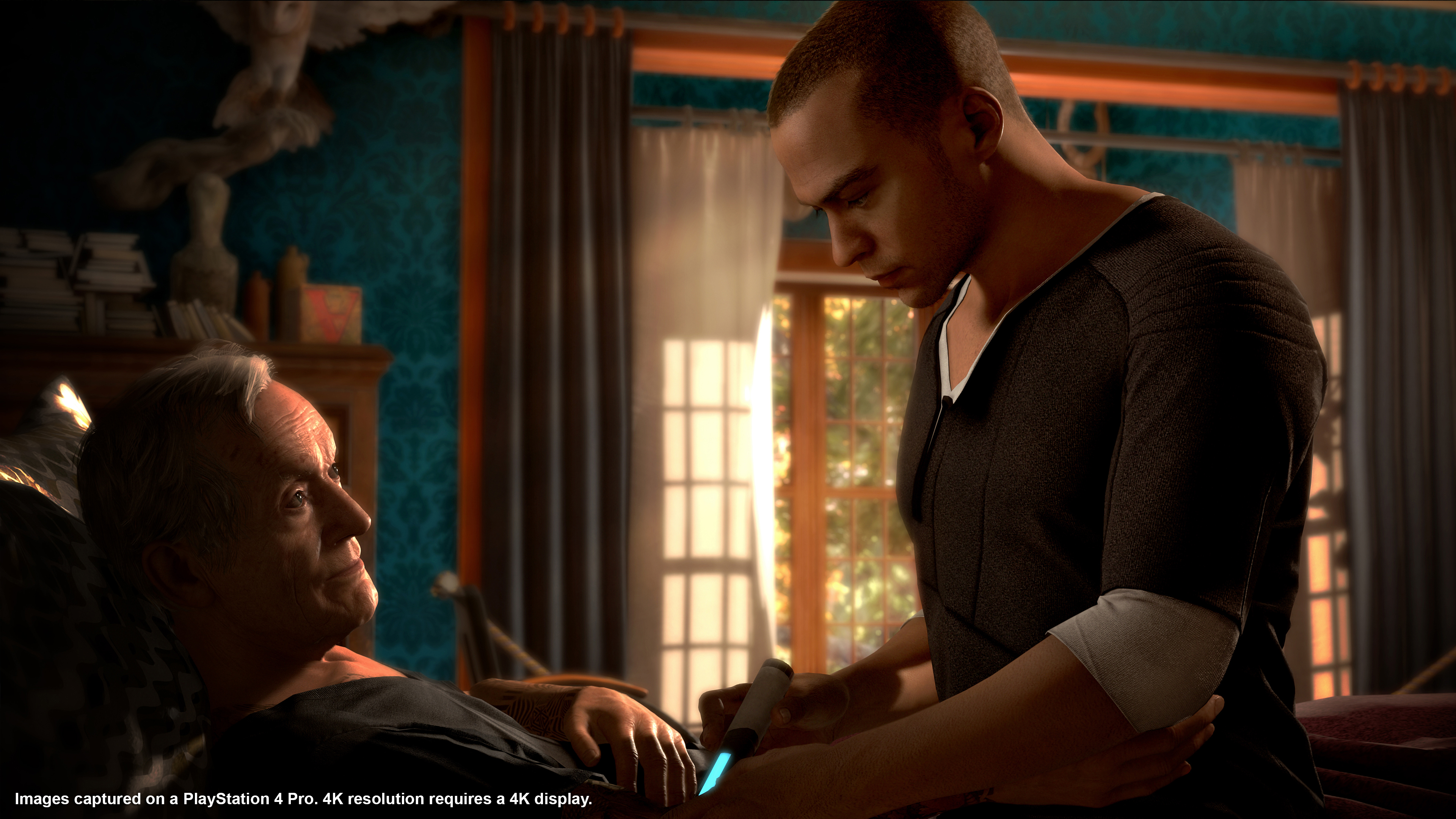
-
Detroit Become Human
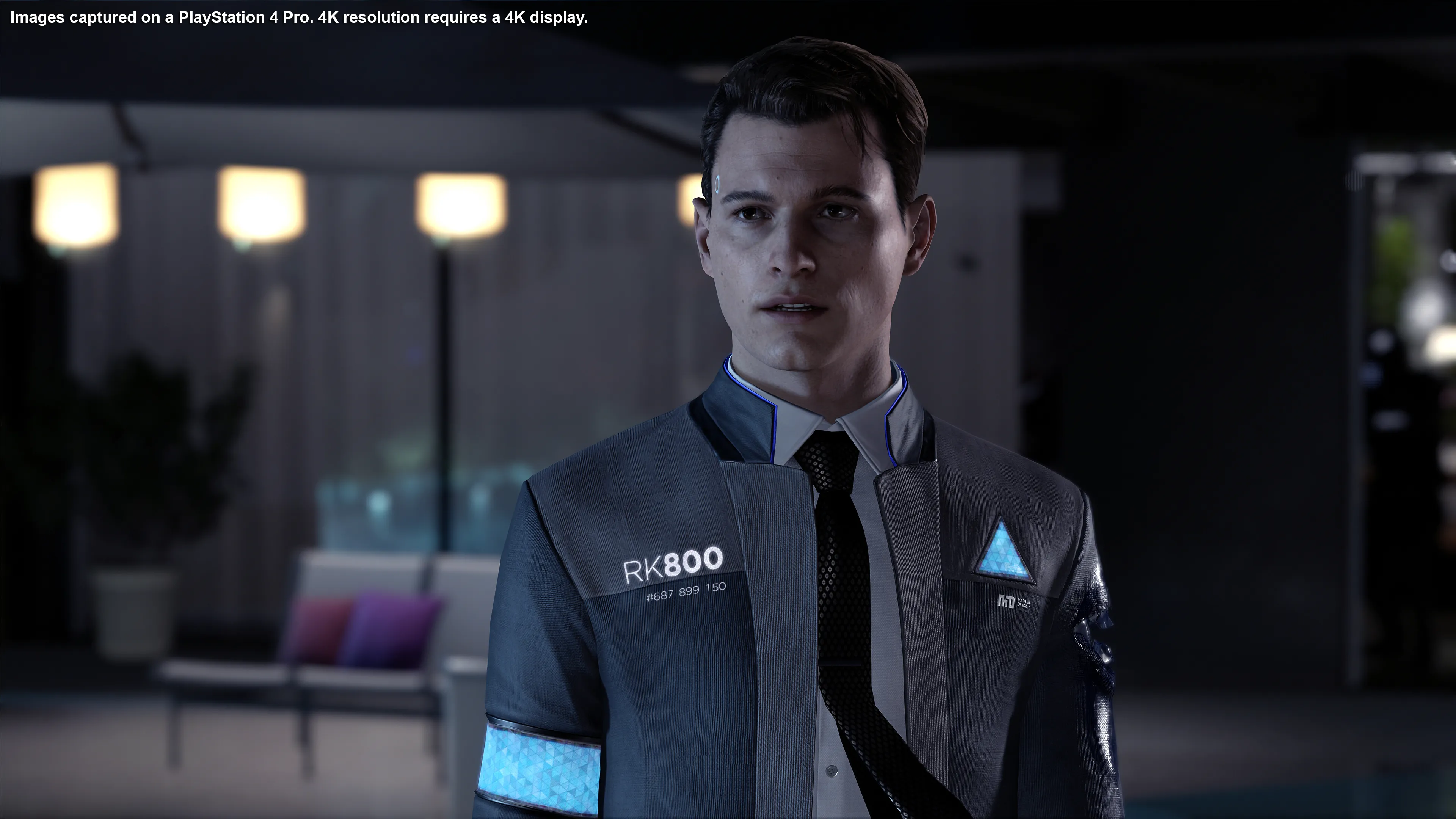
-
Detroit Become Human
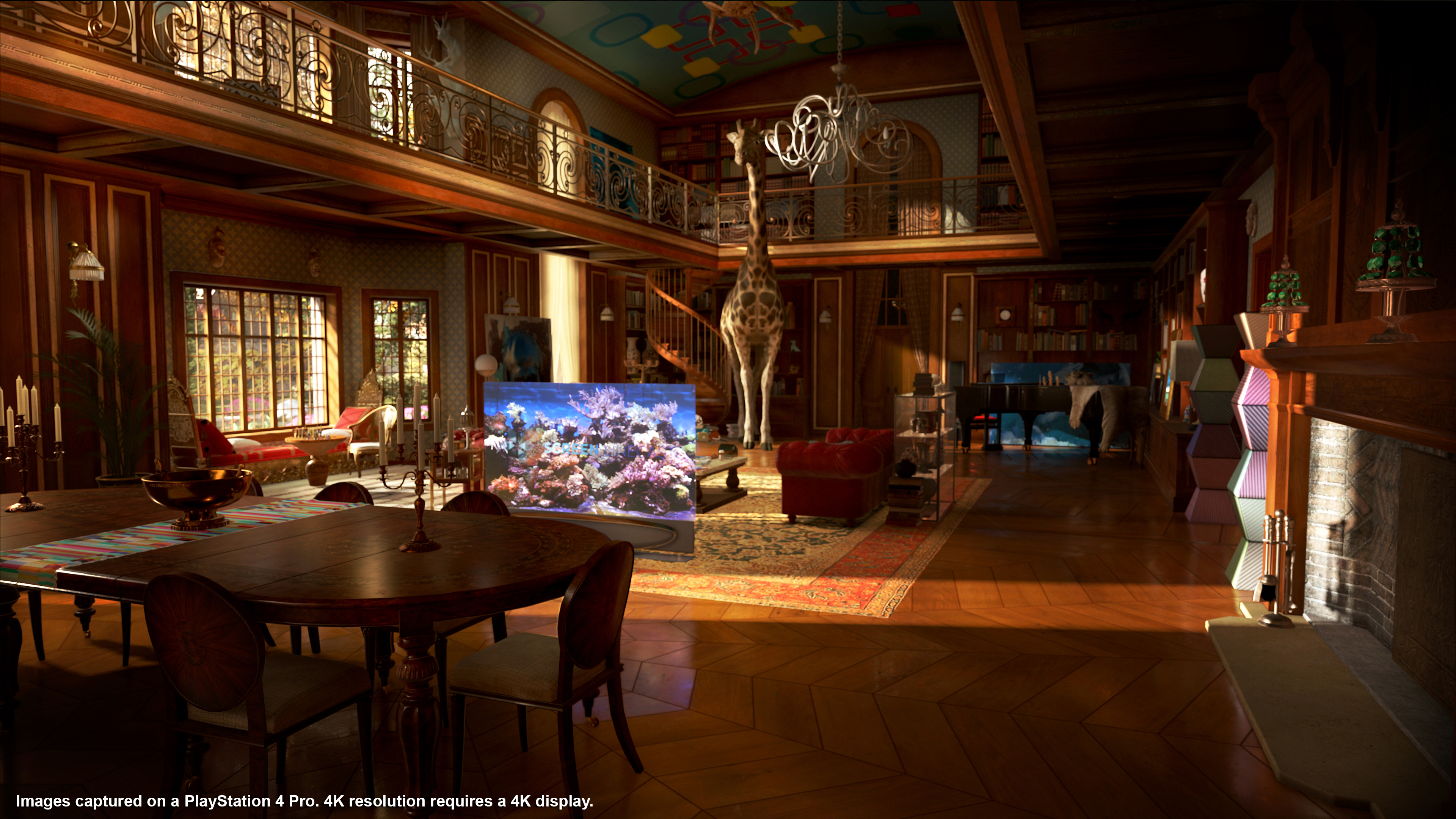
-
Detroit Become Human
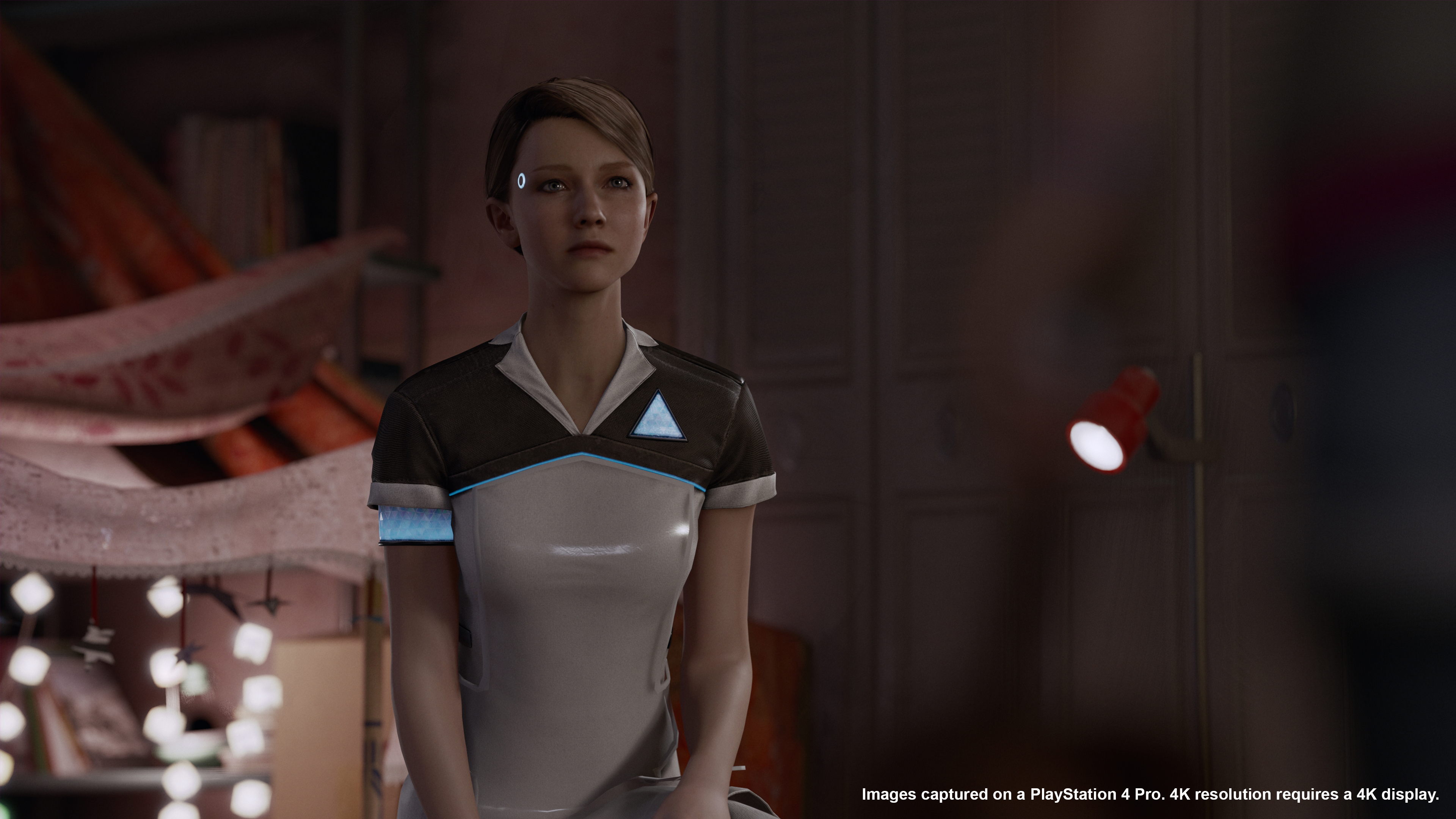
-
Detroit Become Human
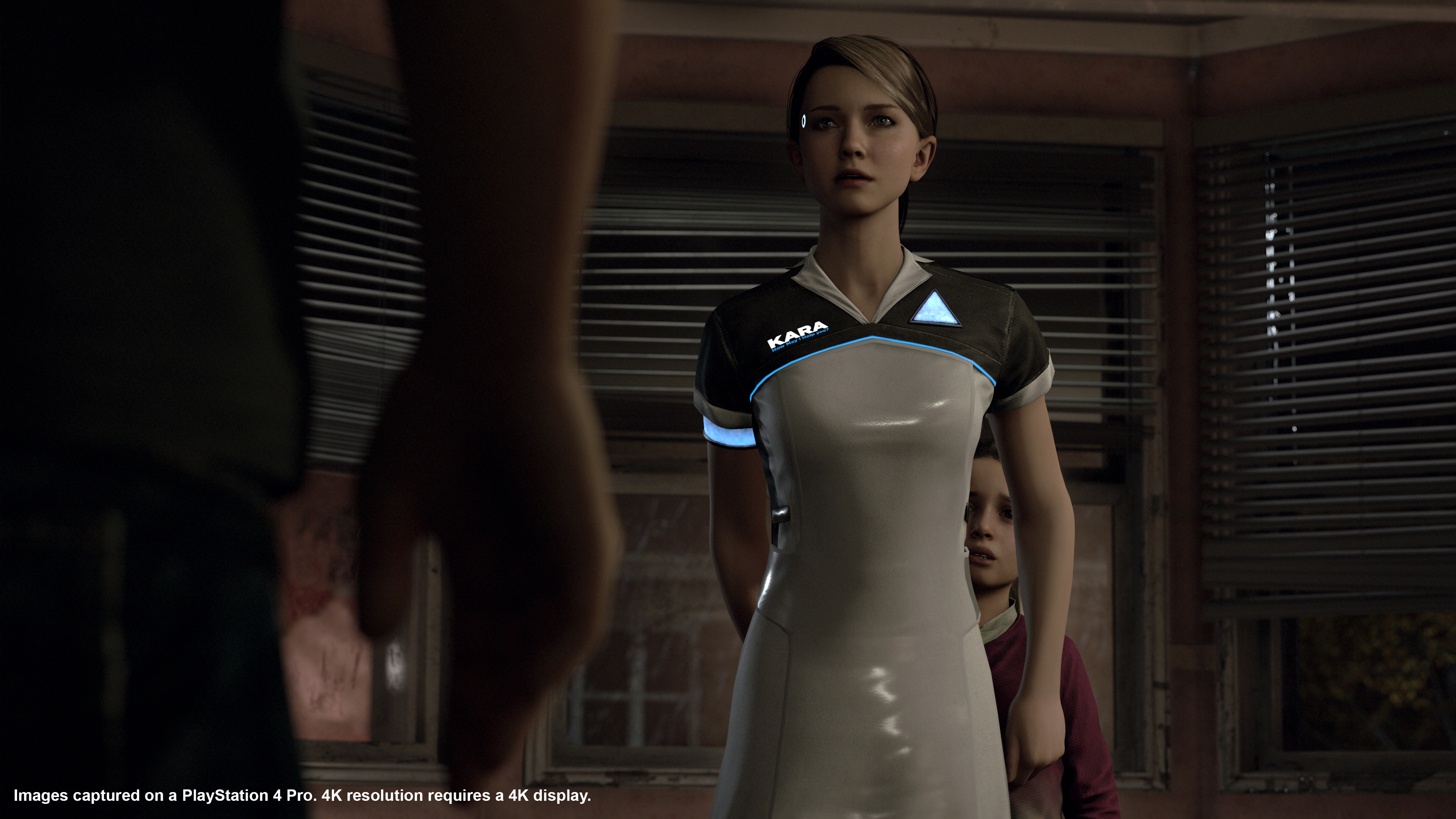
-
Detroit Become Human
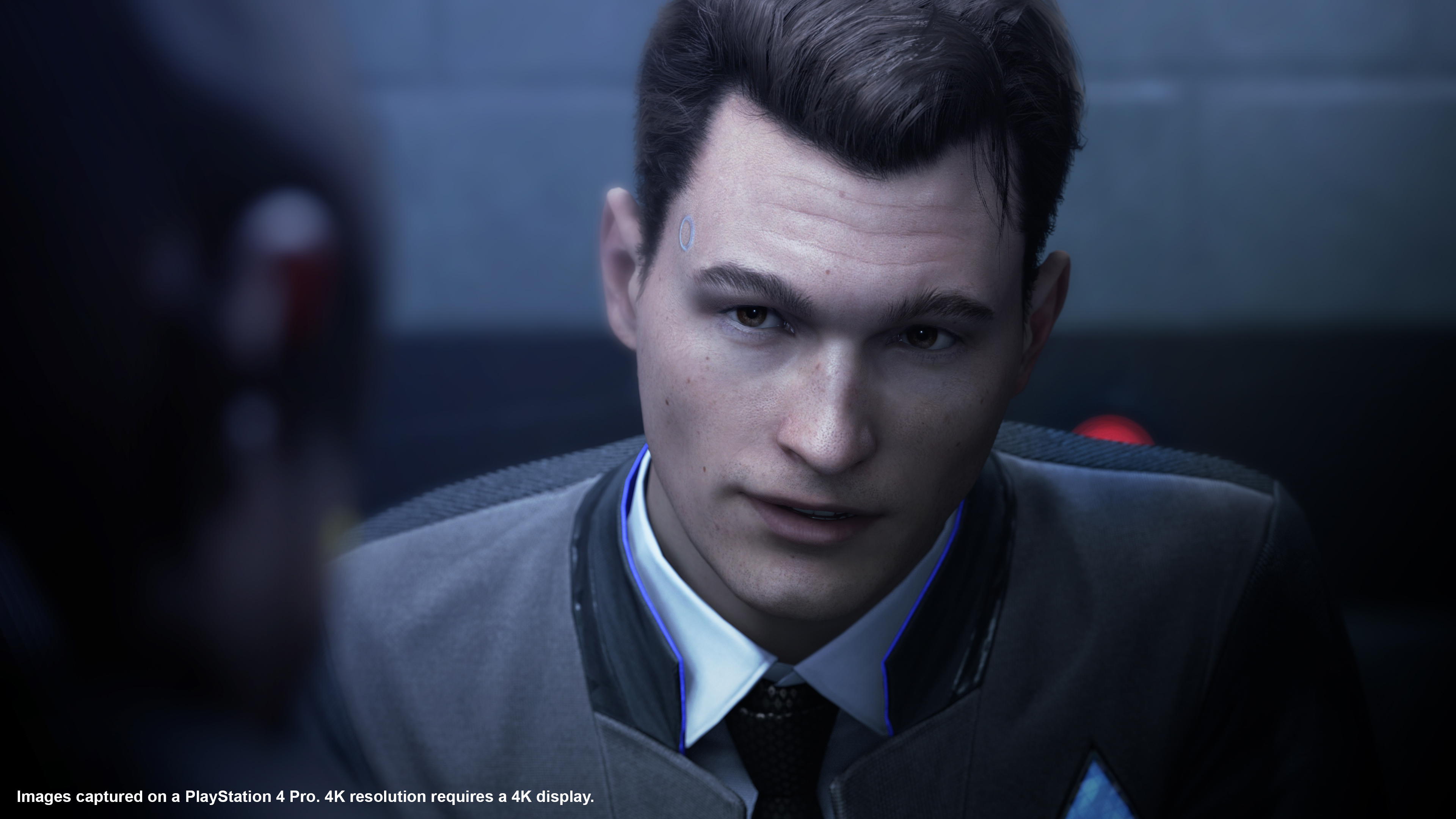
-
Detroit Become Human
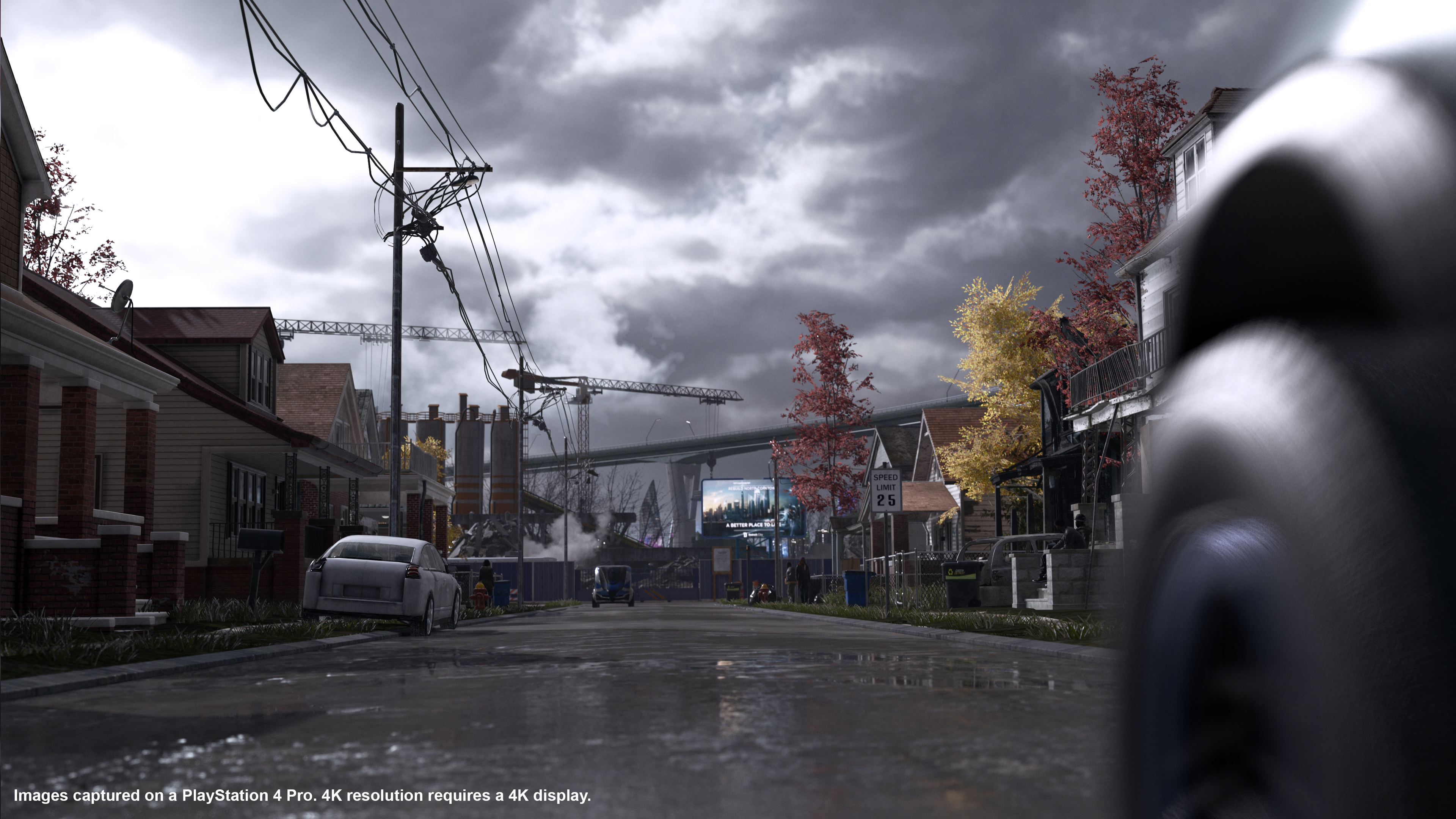
-
Detroit Become Human
